Higher Education
Inaugural session: INDIA's Vision 2030: A Move to Improve Education & Skills in 21st Century Workplace
India’s Vision 2030 is a forward-looking endeavor aimed at revolutionizing the country’s education and skills landscape, envisioning a future where every citizen has access to quality education, digital literacy, and cutting-edge skills that prepare them to excel in the rapidly evolving 21st-century workplace. By focusing on innovation, collaboration, and vocational training, India seeks to nurture a highly skilled and adaptable workforce capable of driving economic growth, fostering creativity, and embracing the challenges of an increasingly interconnected global economy. To propel discussion on this, the eminent education leaders and industry experts emphasized on the topic at ArdorComm Media “New Normal – Education Leadership Summit & Awards 2023” held at Gurugram, Delhi NCR on 21st & 22nd July 2023.
Watch the session:
Quotes from the Speakers

Shri Temjen Imna Along
Shri Temjen Imna Along, Hon'ble Minister of Higher Education & Tourism, Government of Nagaland said, “The New Education Policy gives the opportunity to the leaders and barons of the industry of Education to curate the lives of the students and also the students to curate what their goals are. This has never happened in our country; this opportunity should be taken to the fullest.”
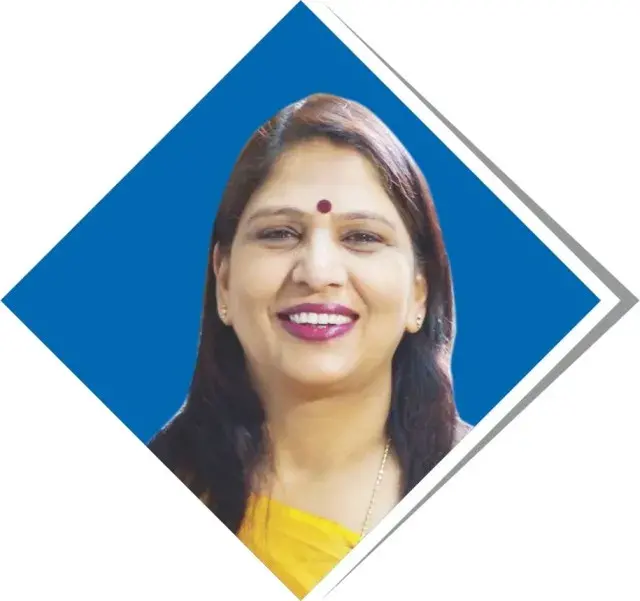
Dr. (Mrs.) Pankaj Mittal
Dr. (Mrs.) Pankaj Mittal, Secretary General, Association of Indian Universities said, “When we talk of new normal we should talk of everything whether it is curriculum, whether it is way of teaching, whether it is how to conduct research, how to do collaborations, International collaborations, how to even have more women in the higher education space.”
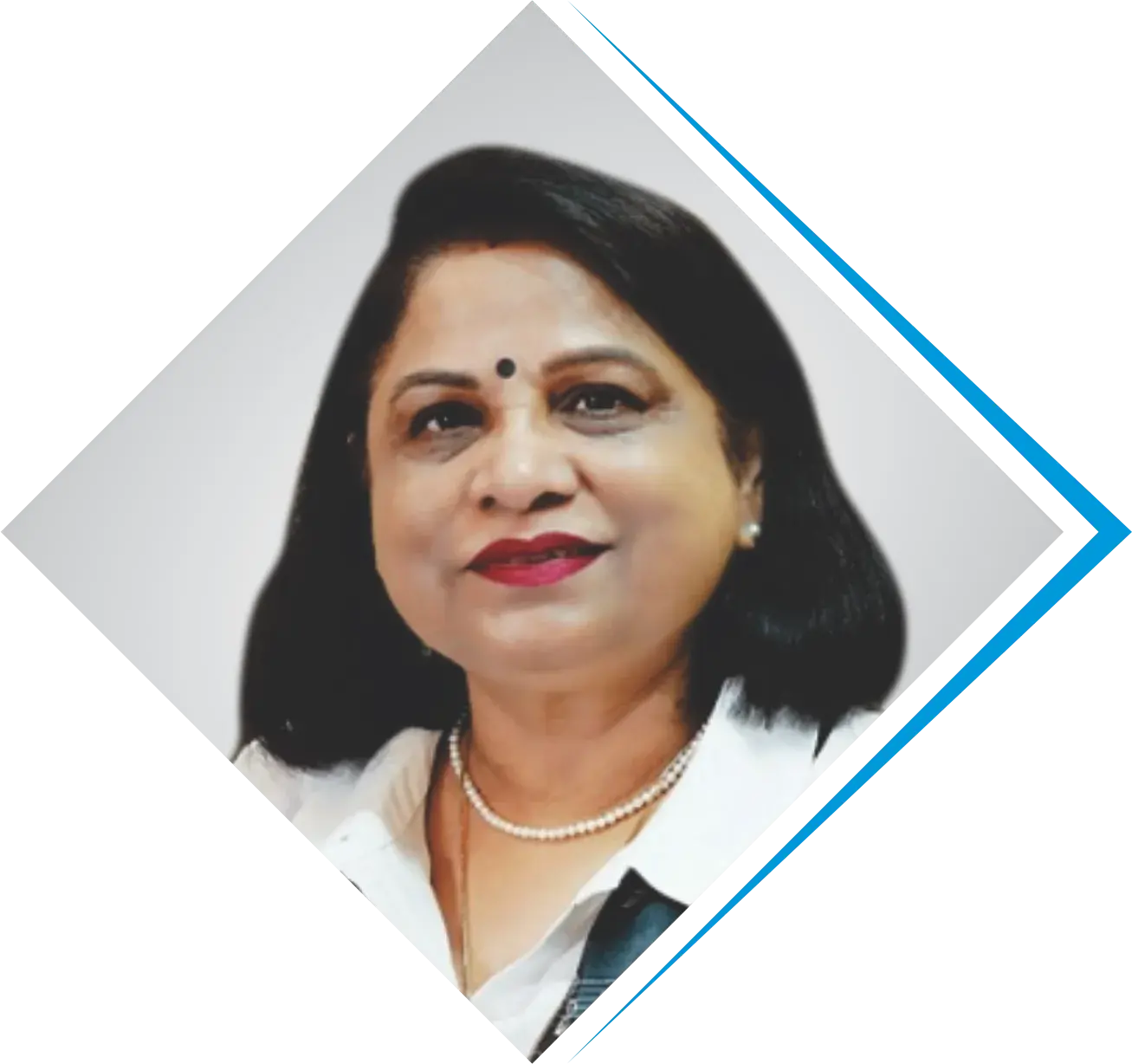
Prof. (Dr.) Madhu Chitkara
Prof. (Dr.) Madhu Chitkara, Pro Chancellor, Chitkara University said, “We have to upskill the faculty, we have many scopes, now online education is there we have many platforms where we can learn on our own and according to our own wish and speed. So, I think they should be motivated for it, how we will motivate it is the point to be discussed.”
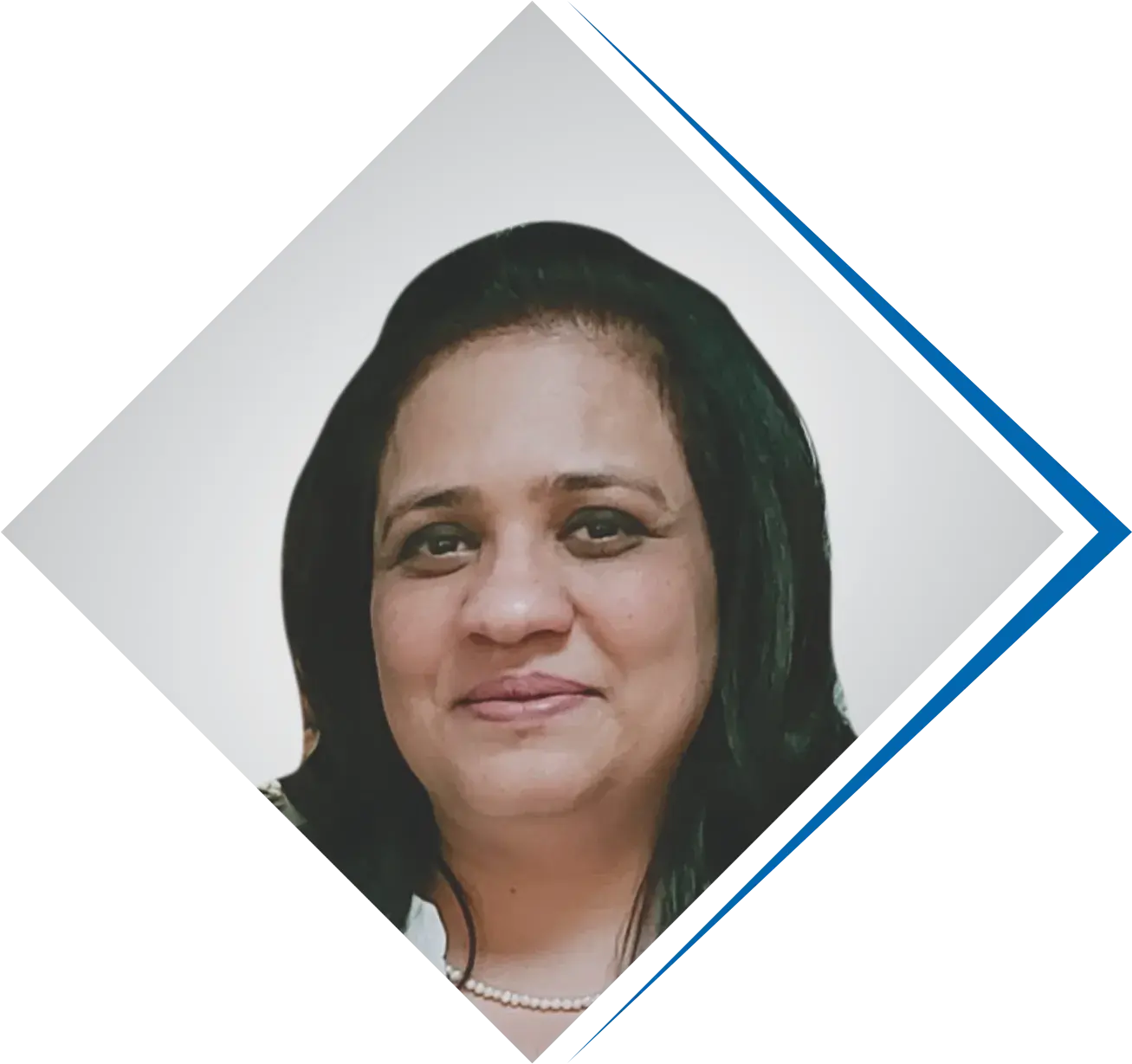
Monica Agarwal
Monica Agarwal, Director, Content, UNIVO Education said, “According to the government of India's economic survey 2021-22 the Gross Enrolment Ratio in higher education increased from 26.3 percent in 2018-19 to 27.3 percent in 2020-21. I think this can be attributed largely to the improvement of online learning modes’ ubiquity. Now we have moved towards normalcy but the online education market in India is still witnessing growth and it is projected to be at 2.28 billion dollars by 2026, now this is a compound annual growth rate of around 20 percent but so much more is yet to be done.”
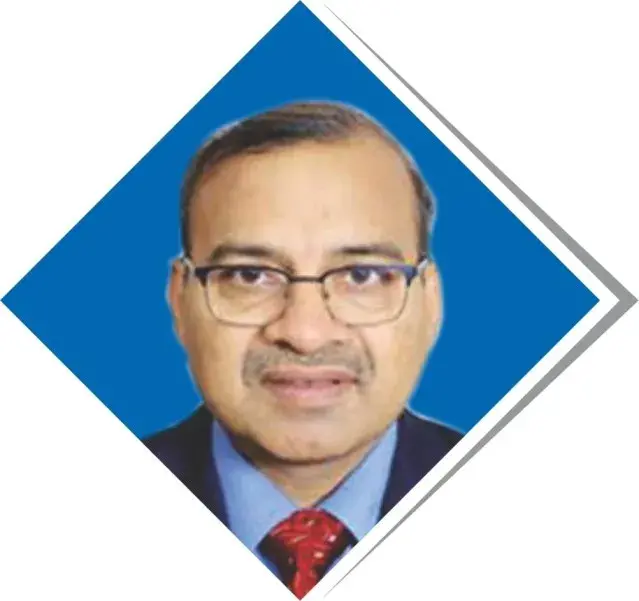
Prof. Rajive Kumar
Prof. Rajive Kumar, Member Secretary, AICTE, MoE, Govt. of India said, “As we know that on 29th and 30th July we are going to celebrate third anniversary of this NEP and this is the time to introspect what we have achieved after the Declaration of this NEP and if I count that several large number of meetings were held first to understand the NEP, second implementation phase and now this is the time we can introspect what we got, whether we implemented this NEP in the right spirit.”
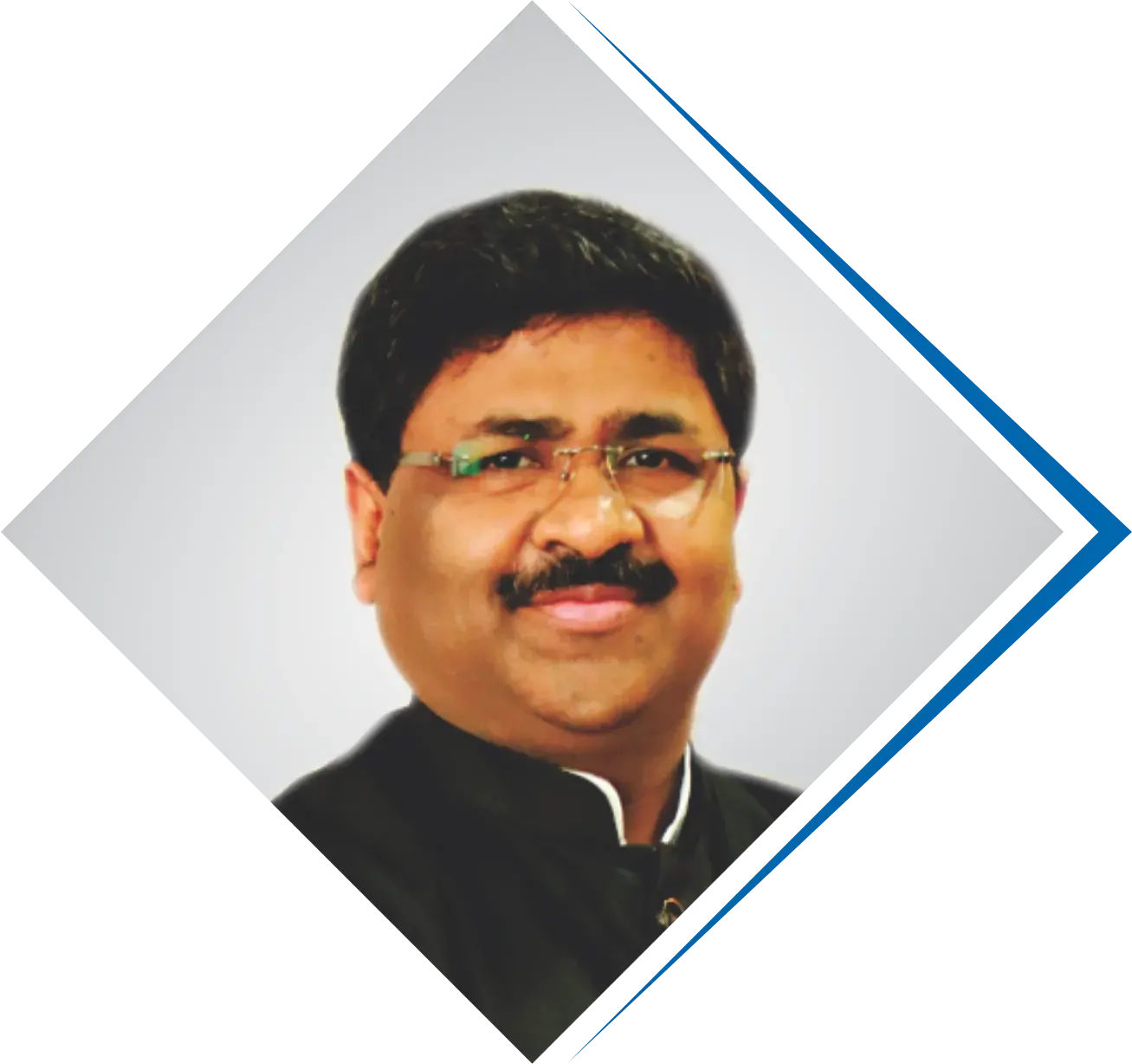
Kunwar Shekhar Vijendra
Kunwar Shekhar Vijendra, Chancellor, Shobhit University said, “When we talk about holistic education in National Education Policy it does not mean the only development of a person as a professional but as a person also. This is the vision of 2030 where overall development has to be there and when we are talking about holistic or value set we have not only to teach digital skills but we have to teach digital ethics also.”
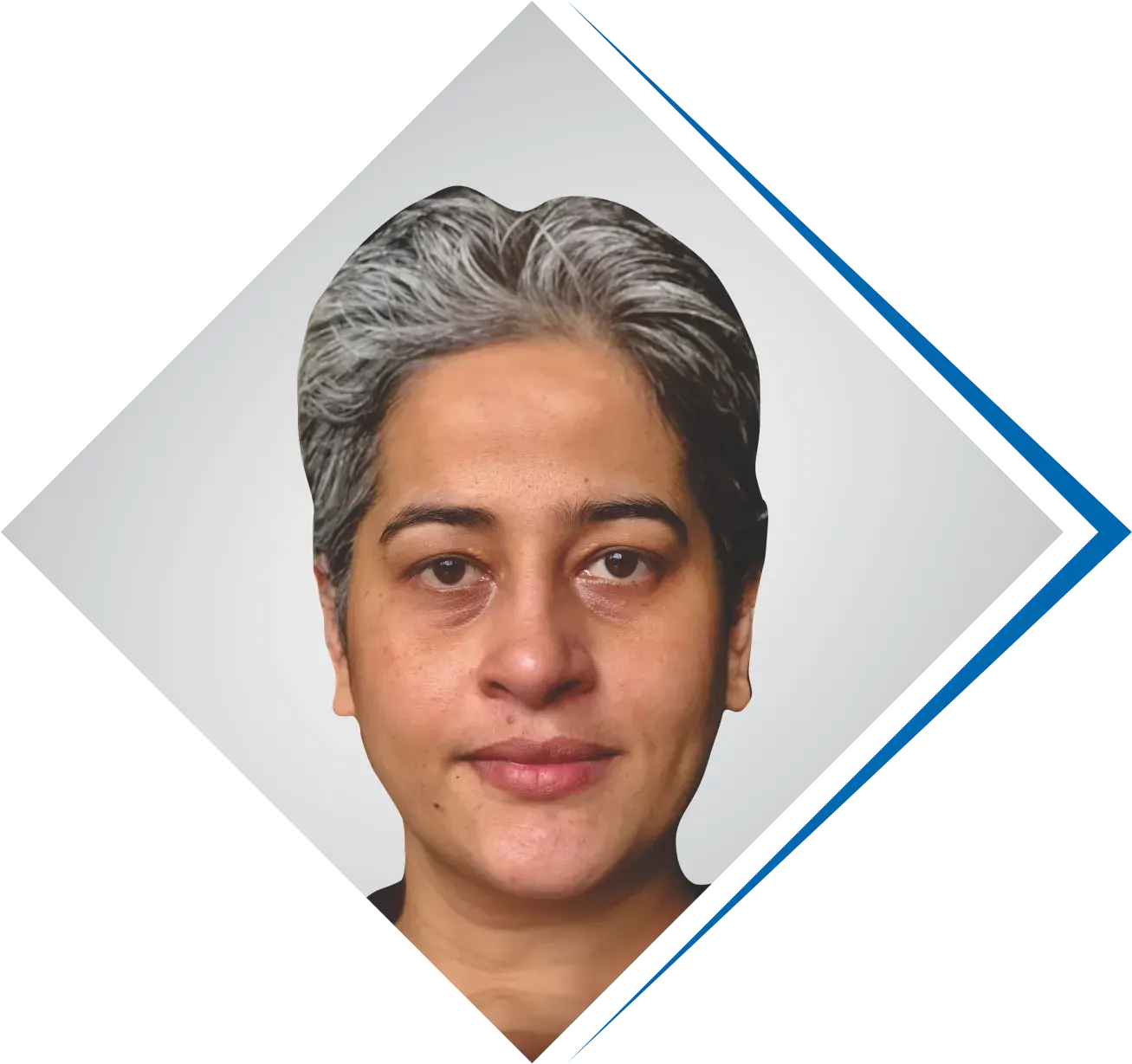
Saba Karim
Saba Karim, India Head, Public Sector, LinkedIn said, “I come from a place, LinkedIn which has almost 950 million plus members globally, we have millions of companies on our platform all that data shows us the future of skills, it also tells that almost every five years fifty percent of the skill set are going to change, it's a very huge number.”
Glimpses of the session
Panel 1: New-Age Technology: A Boon to E-Learning
In the digital age, technology has emerged as a powerful catalyst, revolutionizing the way we learn and teach. E-Learning, characterized by its flexibility and accessibility, has witnessed a remarkable surge in popularity, thanks to new-age technologies. These technologies, such as artificial intelligence, virtual reality, and augmented reality, have paved the way for immersive learning experiences, transcending the limitations of traditional classrooms. With AI-powered personalized learning algorithms, students can receive tailored content and individualized support, enhancing their comprehension and retention. Moreover, virtual reality and augmented reality simulations offer students the opportunity to explore complex concepts in a visually engaging and interactive manner. From online courses to educational apps, technology has opened up a world of knowledge, enabling learners to access educational resources anytime, anywhere. Indeed, new-age technology has emerged as a boon to e-learning, empowering individuals to pursue lifelong learning and fostering a culture of knowledge dissemination. To propel discussion on this, the eminent education leaders and industry experts emphasized on the topic at ArdorComm Media “New Normal – Education Leadership Summit & Awards 2023” held at Gurugram, Delhi NCR on 21st & 22nd July 2023.
Watch the session:
Quotes from the Speakers
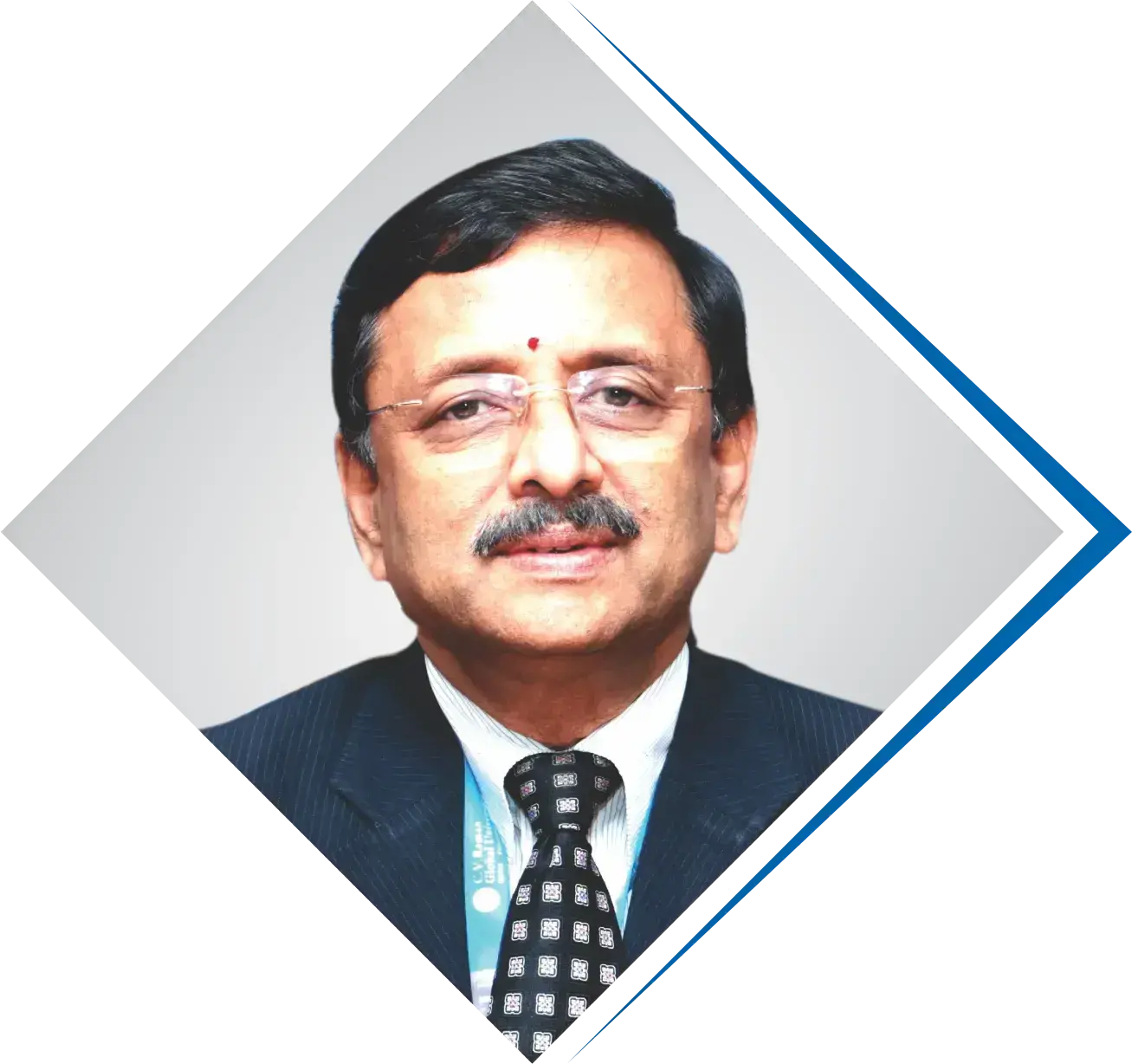
Prof. (Dr.) B.S.Satyanarayana
Prof. (Dr.) B.S.Satyanarayana, Vice Chancellor, G. D.Goenka University, Sohna said, “We are in the age of Learners so the teacher and the taught are learning, we are the facilitators and so we are learning on the job and on the job learning without technology is going to be impossible.”

Kunwar Shekhar Vijendra
Kunwar Shekhar Vijendra, Chancellor, Shobhit University said, “We have to see that how technology can be integrated with today's learning processes the pedagogy what we have because generally what happens that we divide it, we say learning is something else e-learning is something else, integrating technology in learning is something else, integrating technology is some other pedagogy but actually it is not.”
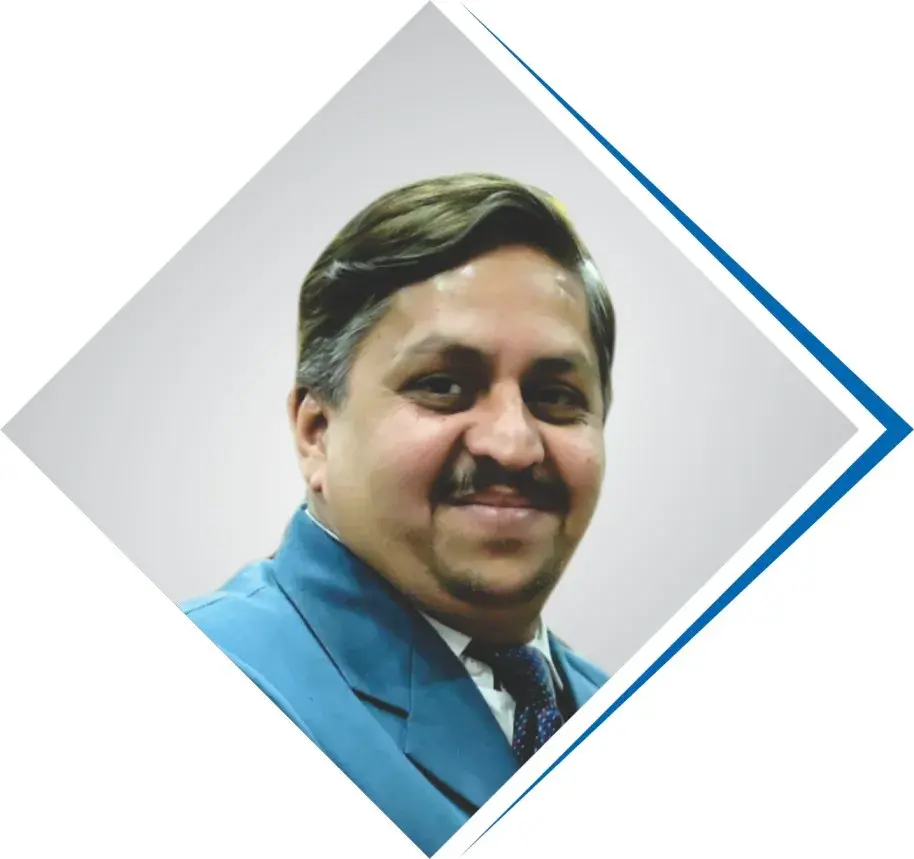
Prof. (Dr.) Pankaj Kumar Mishra
Prof. (Dr.) Pankaj Kumar Mishra, Pro Vice Chancellor, Glocal University, Sharanpur said, “I personally believe that technology will help us to move over here but again there are some requirement, number one the re-skilling of our faculty members, whether our faculty members are really able to learn and number two, revisiting the curriculum the industry is moving at the very fast pace so whether our curriculum is also ready to adopt that technologies is very important.”

Prof. (Dr.) Madhu Chitkara
Prof. (Dr.) Madhu Chitkara, Pro Chancellor, Chitkara University said, “We are not a guru now we are the co-learners and we have to sit with them, we have to tell them that we are not encyclopaedias, if something they are asking you don't know the answer you say that we will discuss together in the class. So, I think this is a challenge for all of us which we have to take care.”
Dr. Sunil Rai
Dr. Sunil Rai, Chancellor, UPES, Dehradun said, “There is no one single technology and therefore there has to be technology mix or a portfolio of technologies. It is not important that I can do only that with this technology, you have to find for your context what is the right technology in the right mix, depending on your budgets depending on your skill set and then choose the right technology mix.”
Glimpses of the session
Panel 2 :- Interactive Learning in the Digital Age: Fostering Critical Thinking Online
In the digital age, interactive learning has emerged as a powerful tool for fostering critical thinking skills. With the advancement of technology, traditional educational methods are being transformed by interactive digital platforms and experiences that engage learners in meaningful ways. Gamification, virtual simulations, online discussions, and multimedia presentations are just a few examples of interactive learning approaches that encourage active participation and problem-solving. By engaging with interactive content, individuals develop higher-order thinking skills, such as analysis, evaluation, and synthesis. This type of learning also promotes inquiry-based learning, where learners ask questions, seek evidence, and evaluate arguments, nurturing their ability to think critically and make informed judgments. Online platforms provide vast resources for exploration, enabling learners to delve deeply into subjects and develop their analytical and evaluative capabilities. However, ensuring equitable access to technology and developing digital literacy skills are important considerations to ensure that all learners can fully participate in interactive learning experiences. To propel discussion on this, the eminent education leaders and industry experts emphasized on the topic at ArdorComm Media “New Normal – Education Leadership Summit & Awards 2023” held at Gurugram, Delhi NCR on 21st & 22nd July 2023.
Watch the session:
Quotes from the Speakers
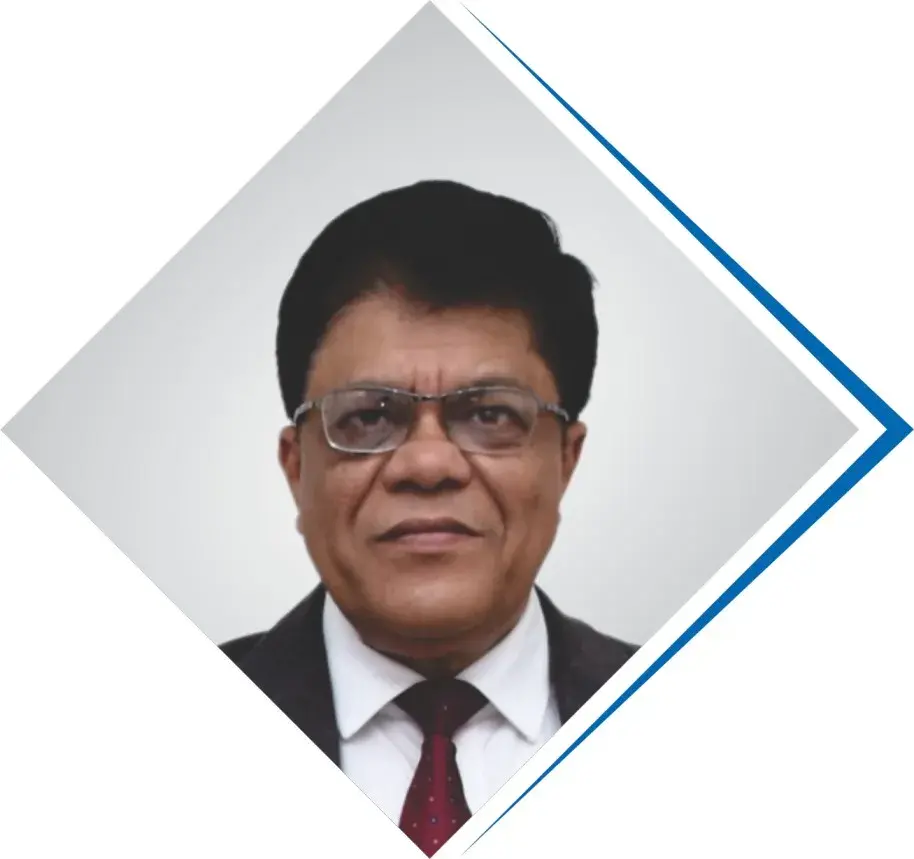
Prof. (Dr.) Arun Garg
Prof. (Dr.) Arun Garg, Vice Chancellor, MVN University, Palwal said, “There is an advancement in technology and interactive digital platforms are coming and we have to engage the learners and this panel is to see how Interactive learning can help the higher education to empower the students.”
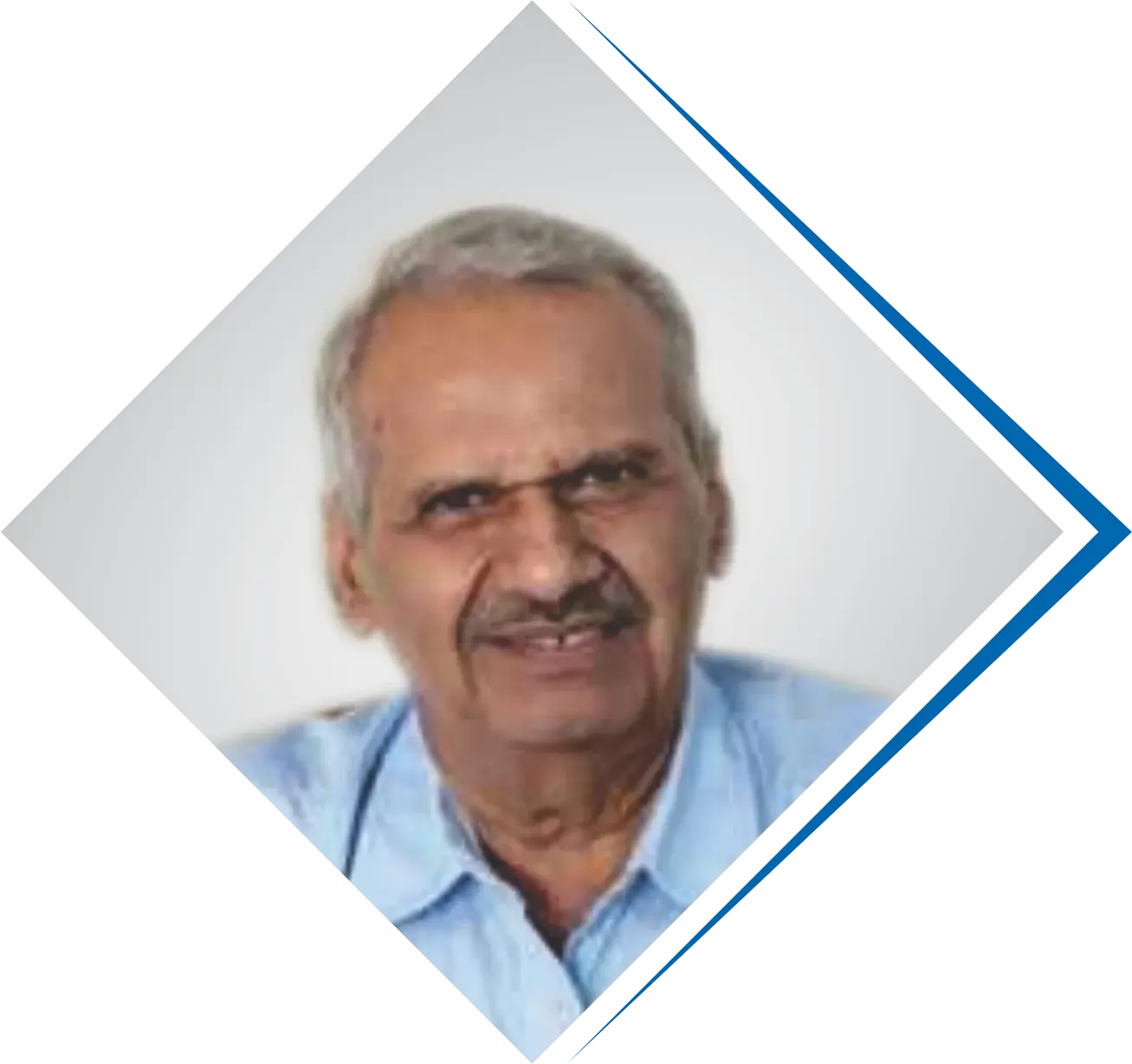
Prof. (Dr.) V. K. Rattan
Prof. (Dr.) V. K. Rattan, Vice Chancellor, GNA University, Phagwara said, “Interactive Learning has brought the critical thinking in the students, earlier there was a classroom we were teaching, the students were mugging seeing one book and then writing the answer but today with the advancement of technology there are many methods as well where Interactive Learning has become a very powerful tool.”
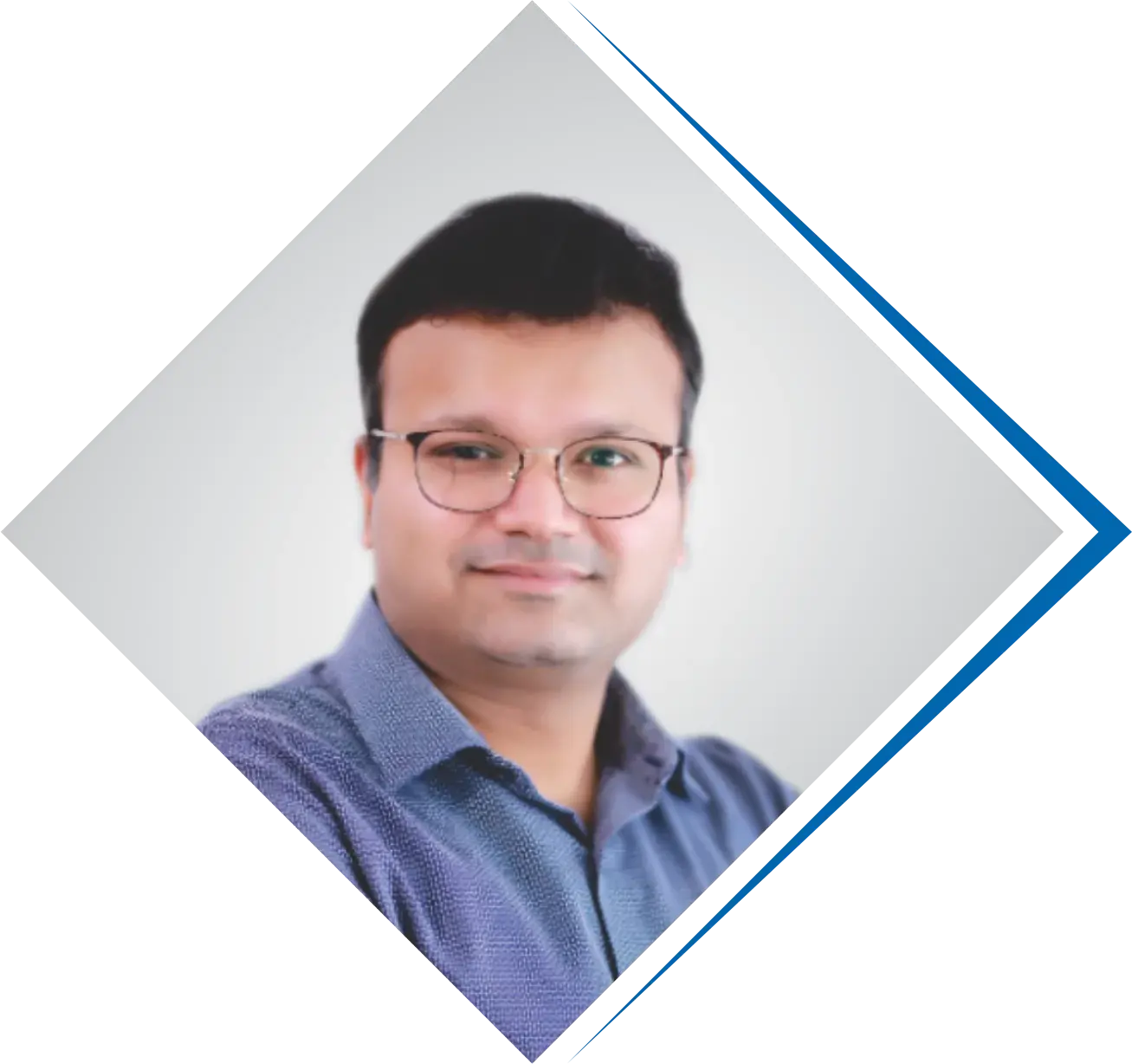
Pravesh Dudani,
Pravesh Dudani, Founder & Chancellor, Medhavi Skills University, East Sikkim said, “The education ecosystem is really opening up and such initiatives are being taken to make higher education very meaningful, aspirational which is these collaborations with International universities, curriculum exchange, dual degrees a lot of such initiatives are being taken.”
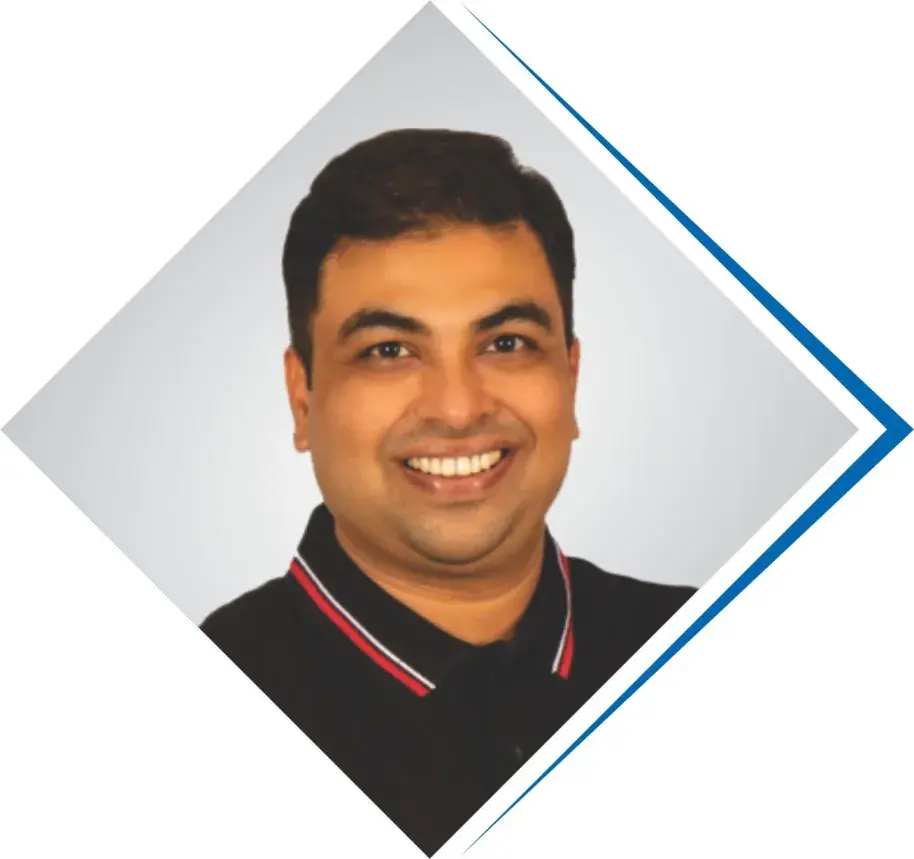
Abhishek Ajmera
Abhishek Ajmera, Chief Revenue & Marketing Officer, UNIVO Education said, “I think another thing which is already being happening a lot in the conventional mode which has worked brilliantly in the online mode is again virtual exchange hubs which is a slightly advanced version of online discussions and forums. I think the right leverage, the right use of these forums have really helped the learners especially in the online ecosystem to bring in that element of political thinking.”

Prof. Prafulla Agnihotri
Prof. Prafulla Agnihotri, Director, Indian Institute of Management, Sirmaur said, “Interactive Learning was always there, the challenge for me would be in what way we use Interactive Learning on a digital platform because the students are not physically seen over there and that becomes a big challenge, can we use some other methodology apart from lecturing can we keep them involved or can we give them some short write-up and make them talk to us about it.”
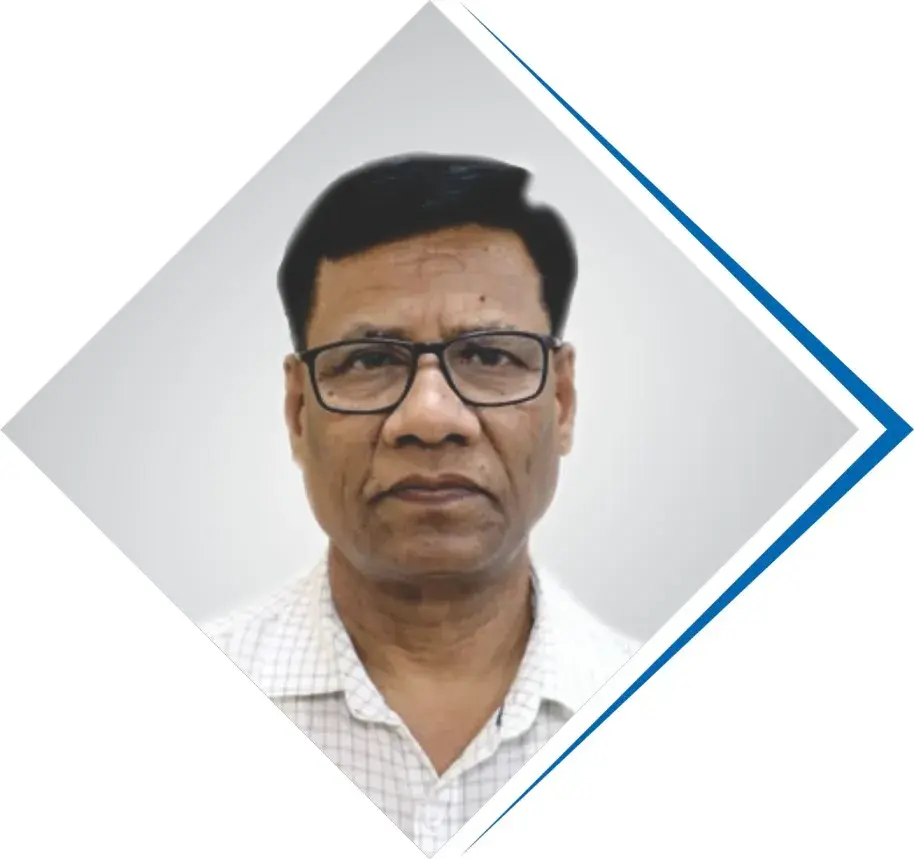
Prof. R. S. Yadav
Prof. R. S. Yadav, Vice Chancellor, Baba Mastnath University, Rohtak said, “I am at the outset very much clear that Interactive Learning has always been there, part of the tradition whether we are teaching traditionally or whether we are teaching through the machines because it is only the quantification has been become more precise with the coming of e-content or e-learning.”

Dr. Prabhat Pankaj
Dr. Prabhat Pankaj, Director, Jaipuria Institute of Management, Jaipur said, “Students can learn without professors that's the profound idea because learning is a social activity so we have to understand there is a way we need to look at learning and this is the right time that we should because there is physical classes there is online classes so how do we create the learning community online it's a bigger task.”
Glimpses of the session
Panel 3 :- How can NEP 2020 help build the Skilled Workforce?
The National Education Policy (NEP) 2020 holds significant potential in building a skilled workforce that is well-equipped to meet the demands of the evolving job market. The policy emphasizes a holistic and multidisciplinary approach to education, aiming to bridge the gap between academia and industry. NEP 2020 introduces vocational education and skill development as an integral part of the curriculum from an early stage. This inclusion enables students to develop practical skills, hands-on experience, and industry-relevant knowledge, preparing them for the workforce. The policy also emphasizes the integration of internships, apprenticeships, and experiential learning opportunities, allowing students to gain real-world exposure and develop industry-specific skills. Furthermore, NEP 2020 encourages the establishment of dedicated skill development centers and collaborations between educational institutions and industries, fostering a symbiotic relationship. By aligning education with industry needs, NEP 2020 plays a pivotal role in producing a skilled workforce that possesses the necessary competencies, adaptability, and innovation required to thrive in a dynamic and competitive job market. To propel discussion on this, the eminent education leaders and industry experts emphasized on the topic at ArdorComm Media “New Normal – Education Leadership Summit & Awards 2023” held at Gurugram, Delhi NCR on 21st & 22nd July 2023.
Watch the session:
Quotes from the Speakers
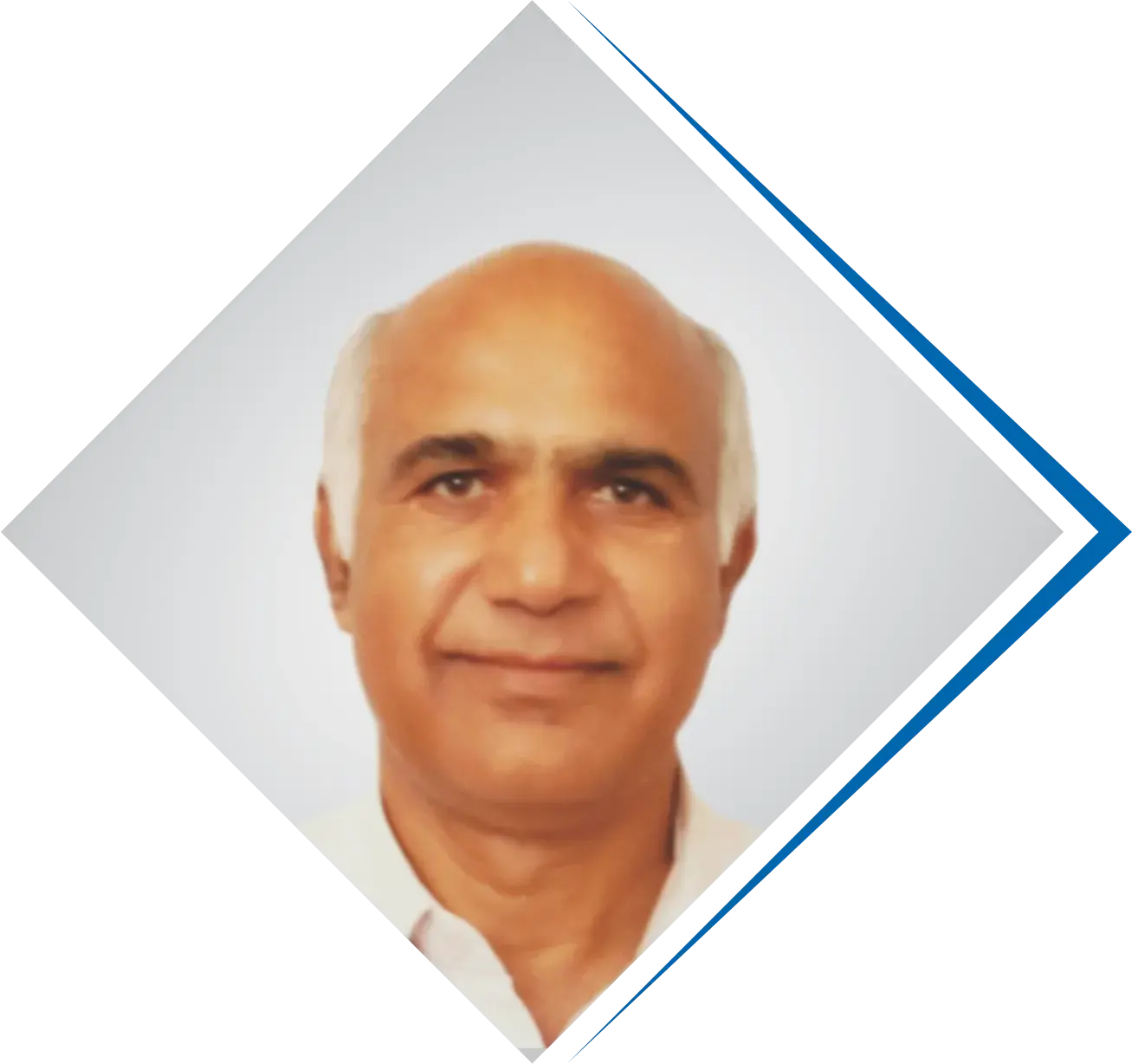
Prof. (Dr.) Chattar Singh
Prof. (Dr.) Chattar Singh, Vice Chancellor, Rai Technology University, Bengaluru said, “Everybody knows that India is facing a lot challenge for youth employment that's why this NEP 2020 can find the ways and means how to accommodate that, so now the basic question is that this unemployment in India how this can be covered up, how can this be mitigated.”
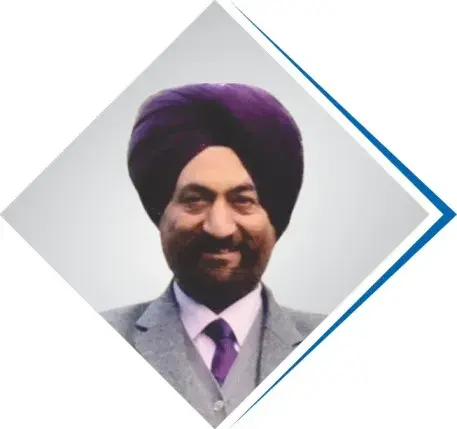
Prof. (Dr.) B. L. Bhardwaj
Prof. (Dr.) B. L. Bhardwaj, Vice Chancellor, Maharishi Markandeshwar University, Ambala said, “India has the problem of unemployment and just because of lack of skill just imagine the figure says that only 2.3 percent of the workforce in India has undergone some sort of skill training as compared to 68 percent in UK, 75 percent in Germany, 80 percent in Japan and 96 percent in South Korea you can imagine our status in comparison to others so NEP 2020 is a very bold and revolutionary step.”
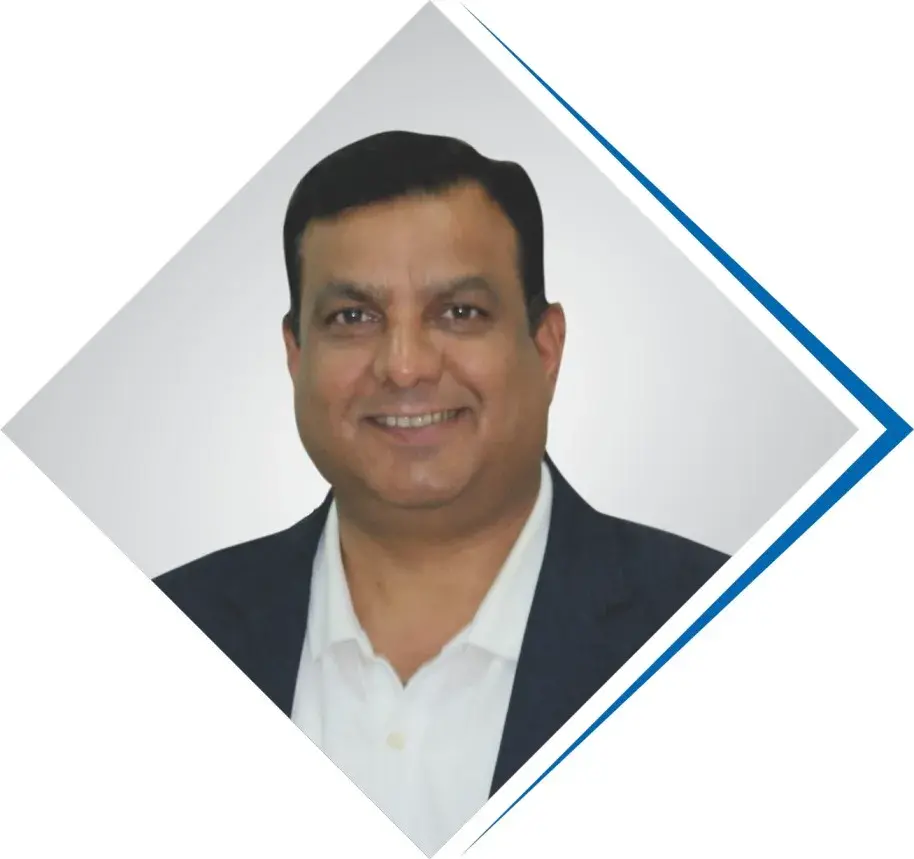
Dr. R D Patidar
Dr. R D Patidar, Vice Chancellor, OP Jindal University, Raigarh said, “NEP 2020 have enough capability to build the skills as we are all aware the NEP 2020 was launched in July 2020 to revamp the educational system of India with an objective and aim to make the India knowledge superpower in the world.”

Abhay Gupta
Abhay Gupta, Founder & CEO, Luxury Connect Business School, Gurugram said, “The Early Education System was producing managers/ clerks we were not producing managers who could actually manage on the shop floor, the new education policy is perhaps flipping the model and it is giving a lot of respectability to employment where one has to use his own hands, where you are expected to roll up the sleeves and go and work on the point of crisis yourself.”
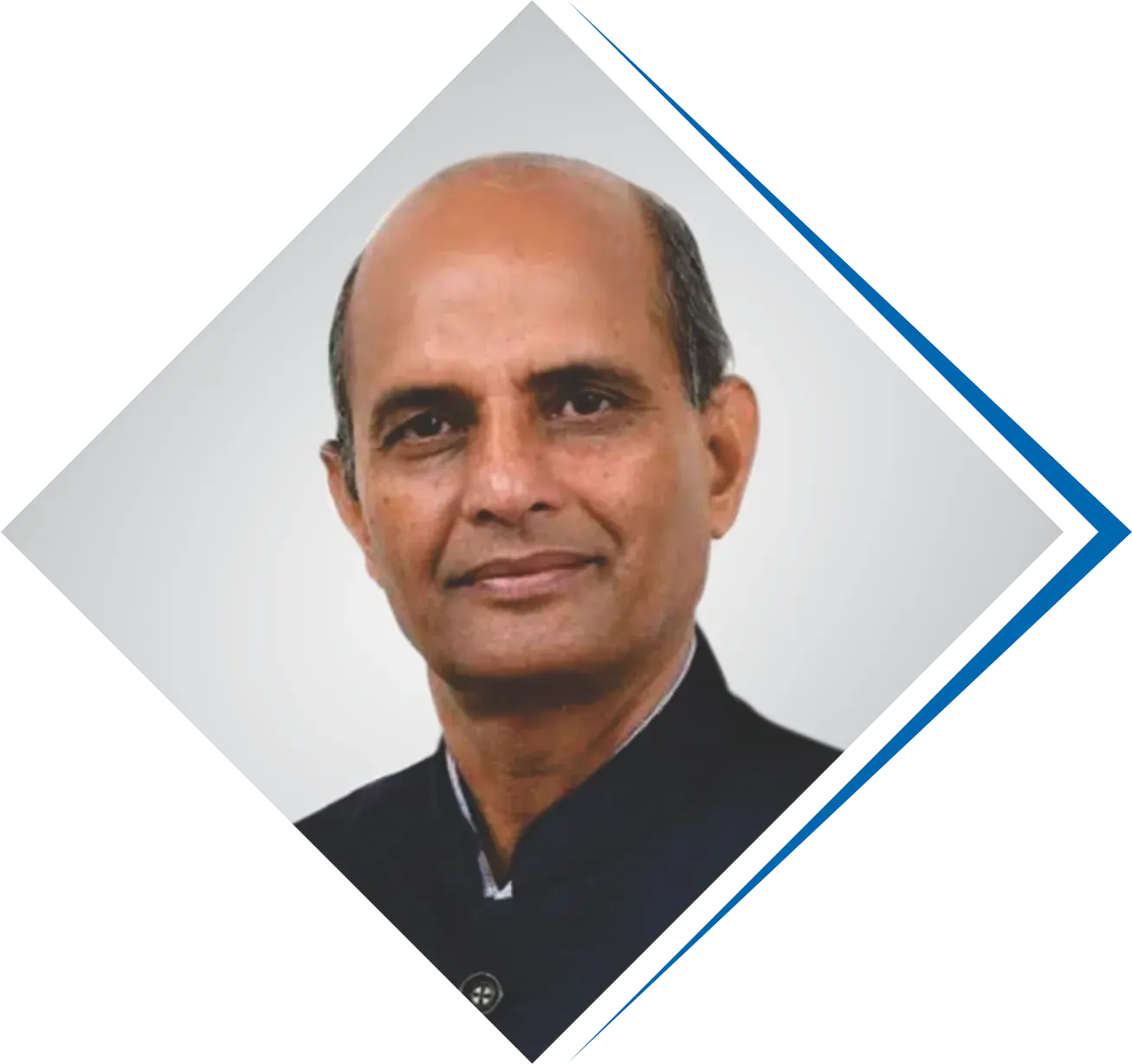
Prof. (Dr.) Raghuvir Singh
Prof. (Dr.) Raghuvir Singh, Vice Chancellor, Teerthanker Mahaveer University, Moradabad said, “There are two sides of the skill equation one is university and another is industry one is a supplier another is the buyer. Now as far as supplier is concerned he or she has a constraint of standardization where the industry the buyer or the demand side of it requires customization, no one industry wants the same skills they all want different skills.”
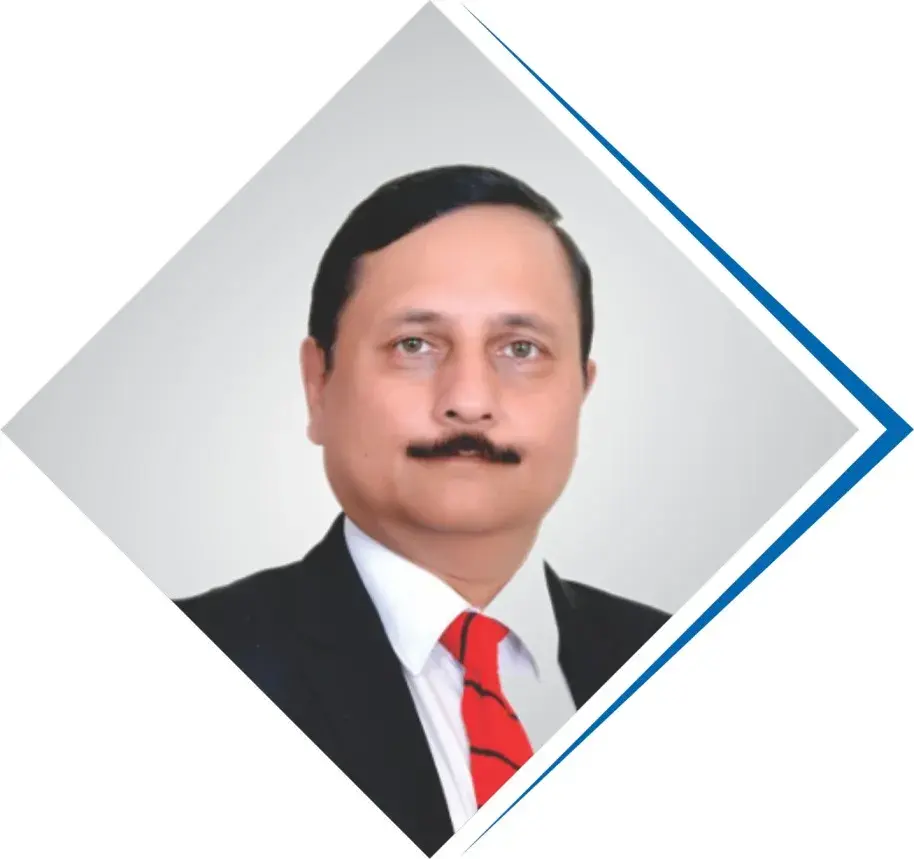
Dr. Prem Das Maheshwari
Dr. Prem Das Maheshwari, Business Director-South Asia, D2L said, “Skilling is one major challenge in our country because so far our education system was aimed at making our students job ready now we have to prepare our students to be life ready and life skills needs to be an important parameter of NEP.”
Glimpses of the session
Panel 4 :- How to Cultivate 21st Century Skills Including Critical Thinking and Digital Literacy?
In today’s rapidly evolving world, critical thinking and digital literacy have become crucial foundations for success in education, work, and everyday life. Cultivating these skills requires a multifaceted approach that integrates innovative teaching methods, curriculum design, and technology integration. Educators need to create learning environments that encourage curiosity, independent thinking, and problem-solving. They should promote inquiry-based learning, where students are encouraged to ask questions, analyse information, and evaluate evidence. In addition, digital literacy skills should be integrated throughout the curriculum, ensuring that students are adept at navigating, evaluating, and creating digital content responsibly. Collaboration, creativity, and adaptability are also essential components of 21st-century skills, and educators must provide opportunities for students to work collaboratively, think creatively, and adapt to changing circumstances. By addressing these aspects, educators can effectively cultivate critical thinking and digital literacy skills, preparing students for the challenges and opportunities of the 21st century. To propel discussion on this, the eminent education leaders and industry experts emphasized on the topic at ArdorComm Media “New Normal – Education Leadership Summit & Awards 2023” held at Gurugram, Delhi NCR on 21st & 22nd July 2023.
Watch the session:
Quotes from the Speakers
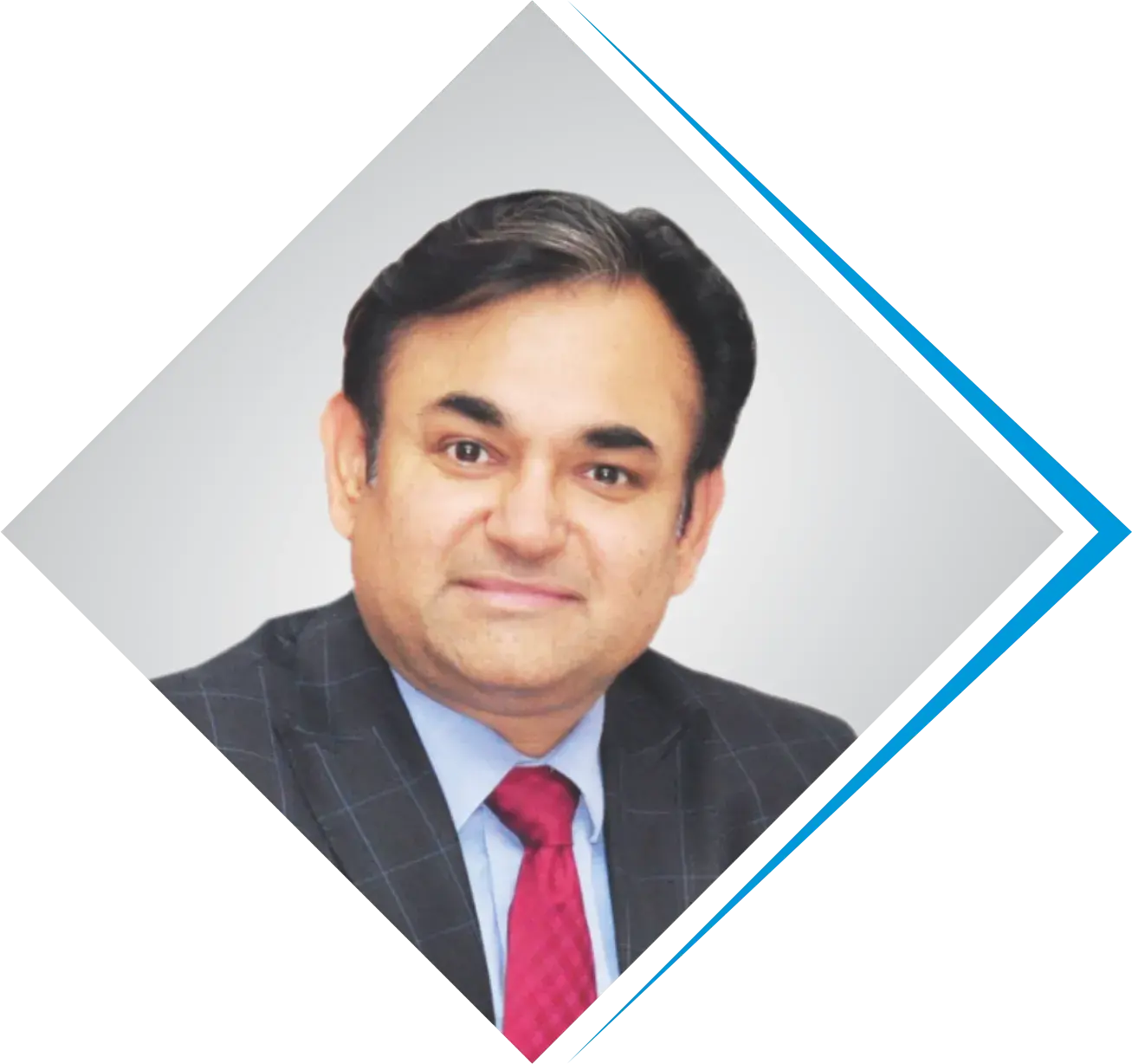
Prof. (Dr.) Vikas Singh
Prof. (Dr.) Vikas Singh, Founder Vice Chancellor, Geeta University, Panipat, Delhi said, “The employability we believe is dependent on four parameters one is of course the knowledge, then skills, then behaviour and attitude.”
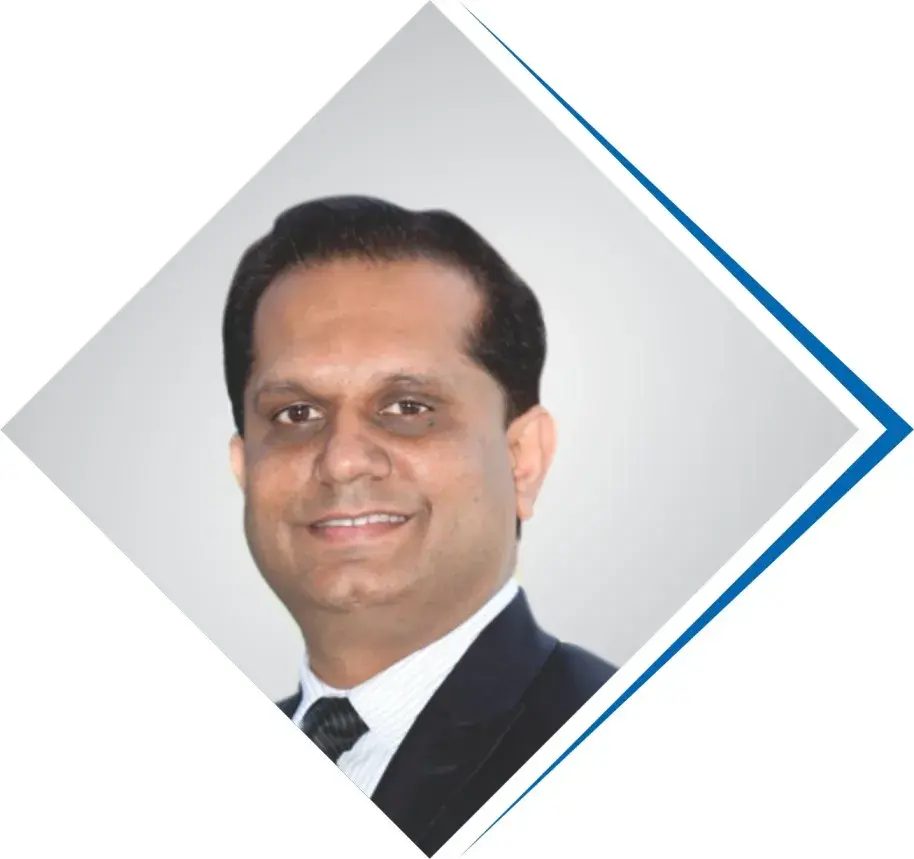
Prof. (Dr.) Vikas Madhukar
Prof. (Dr.) Vikas Madhukar, Pro Vice Chancellor, Amity University, Gurgaon said, “NEP 2020 is a broad policy framework which has given many things it is not only talking about the curriculum but it is also talking about the governance framework of the institution and whole ecosystem to be built in order to realize the intended outcome of National Education policy.”
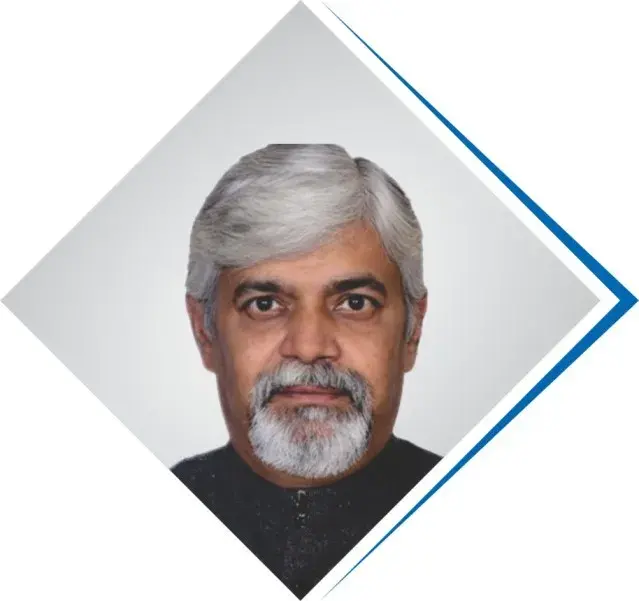
Prof. Ambarish S. Vidyarthi
Prof. Ambarish S. Vidyarthi, Vice Chancellor, Bikaner Technical University, Bikaner, Rajasthan said, “I think if we look at the futuristic view, emotional intelligence, adoptability, flexibility and the stress management are the key competencies that has to be attained by the students.”
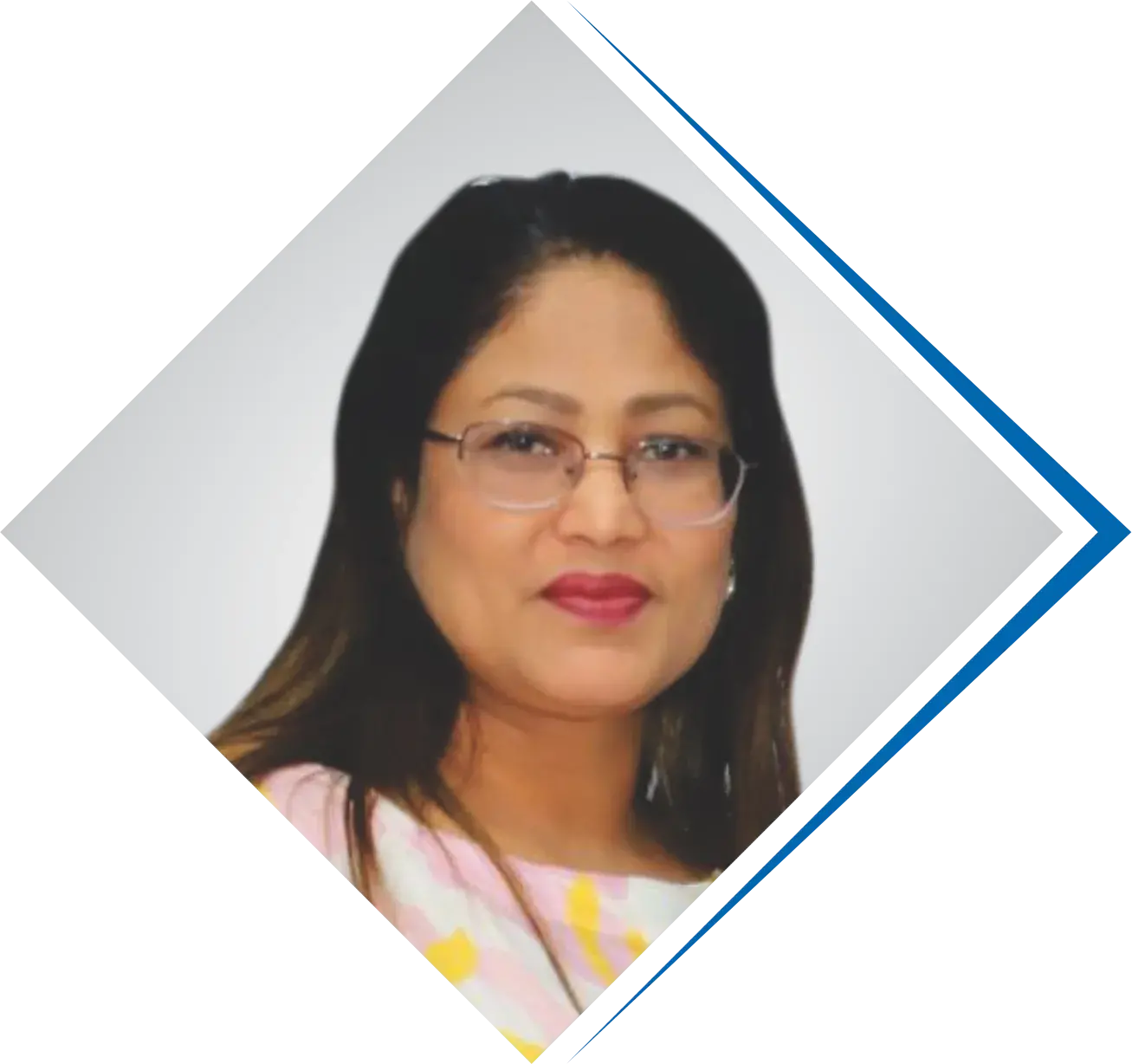
Dr. Manju Gupta
Dr. Manju Gupta, Director Strategic Management, Mangalmay Group of Institutions, Greater Noida said, “This pandemic has really realized us that how much critical thinking, design thinking as well as IT skills and technologies are important for development and we have really utilized and used all those skills and technologies in last two or three years extensively.”
Glimpses of the session
Industry Presentation - LinkedIn

Saba Karim
Saba Karim, India Head, Public Sector, LinkedIn shared an industry perspective on the topic "Bridging the Education to Employment Gap in India" at 'ArdorComm New Normal- Education Leadership Summit & Awards 2023', at Gurugram, Delhi NCR on 21st July 2023.
Glimpses of the session
Industry Presentation - ExtraaEdge
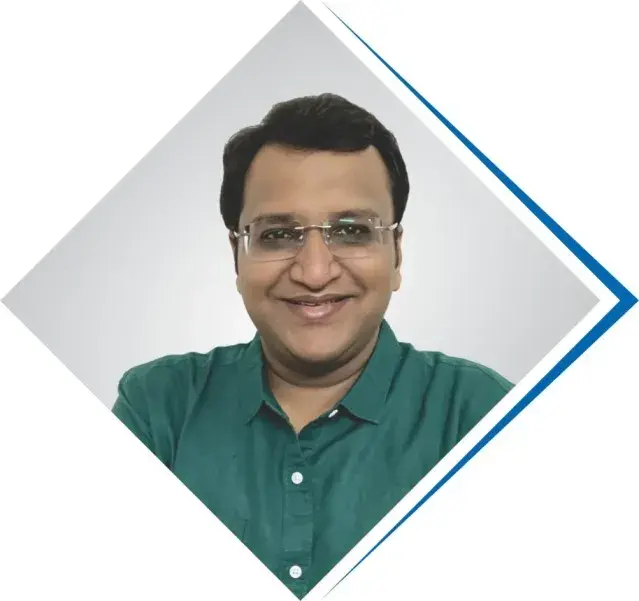
Daksh Agrawal
Daksh Agrawal, AVP Growth, ExtraaEdge shared an industry perspective on the topic "Winning at Higher Education Admissions in 2023" at 'ArdorComm New Normal- Education Leadership Summit & Awards 2023', at Gurugram, Delhi NCR on 21st July 2023.
Glimpses of the session
Panel 5 :- Future Facing Edtech to Drive Teaching-Learning Outcomes, and Effect & Impact of 'Education 4.0' on Innovative Pedagogy and Industry ready Skills
Future-facing Edtech is driving a paradigm shift in teaching and learning, fueled by the principles of ‘Education 4.0’. Advanced technologies such as AI, VR, AR, and ML are empowering educators to deliver personalized learning experiences, leading to improved outcomes and increased engagement. Through data analytics, educators gain valuable insights into student progress, enabling data-driven decision-making for optimized teaching strategies. Innovative pedagogical methods, emphasizing experiential learning and problem-solving, are fostering critical skills in students. Furthermore, ‘Education 4.0’ is closing the gap between academia and industry by equipping learners with industry-ready skills through vocational training and real-world experiences. The resulting synergy between education and the workforce ensures a competent and adaptable talent pool, well-equipped to thrive in the dynamic challenges of the future. To propel discussion on this, the eminent education leaders and industry experts emphasized on the topic at ArdorComm Media “New Normal – Education Leadership Summit & Awards 2023” held at Gurugram, Delhi NCR on 21st & 22nd July 2023.
Watch the session:
Quotes from the Speakers
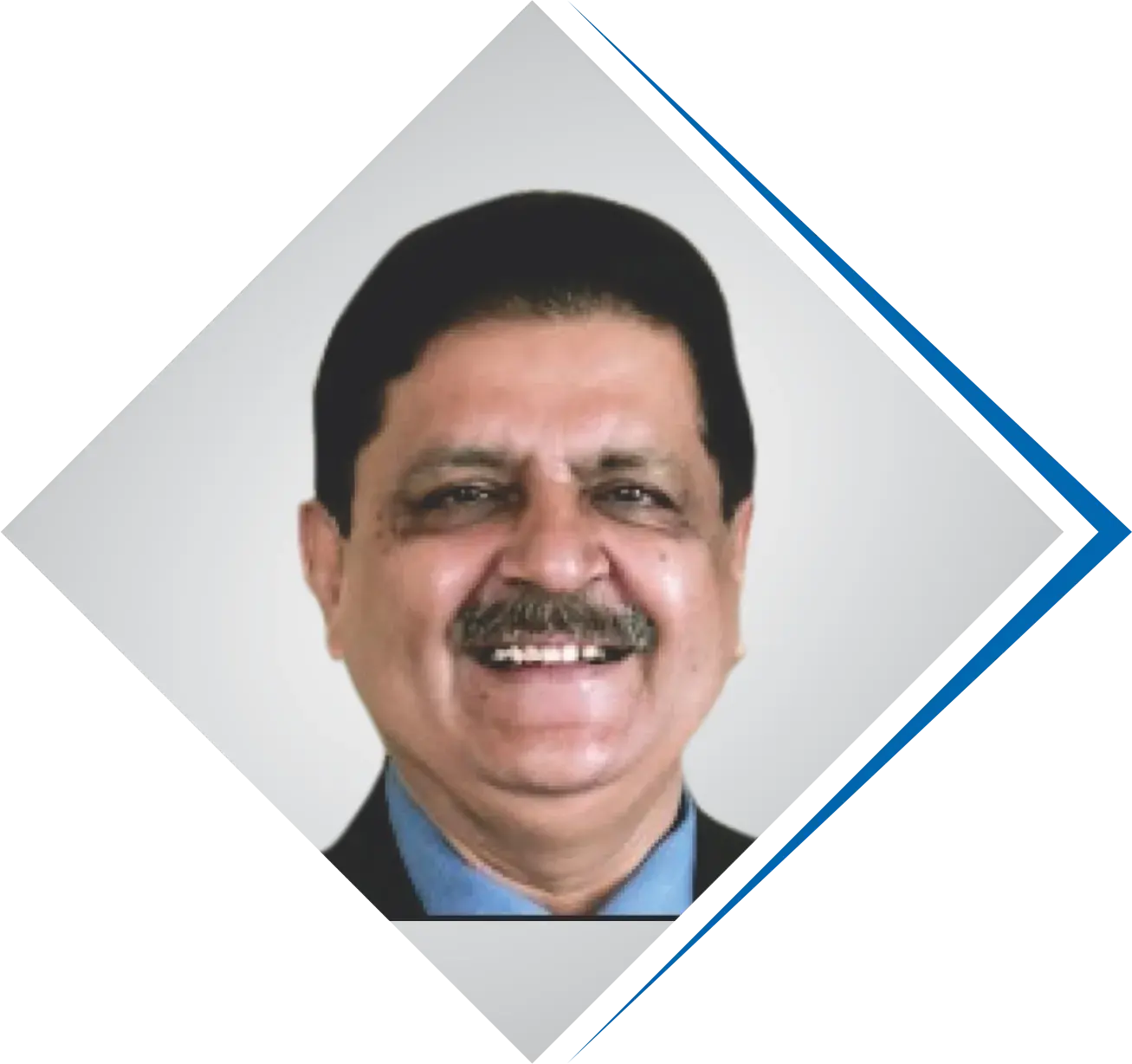
Sanjay Diwan
Sanjay Diwan, Educator and Advisor, USME-DTU, DigitalEd India & Positive Momentum said, “I think there has been a great shift across the lives across the business operations and it is no different in the education where everybody is now looking at the outcomes both from a perspective of the faculty or learning outcomes as the students or the parents may be looking for when they get their children to be admitted as students in the higher education arena.
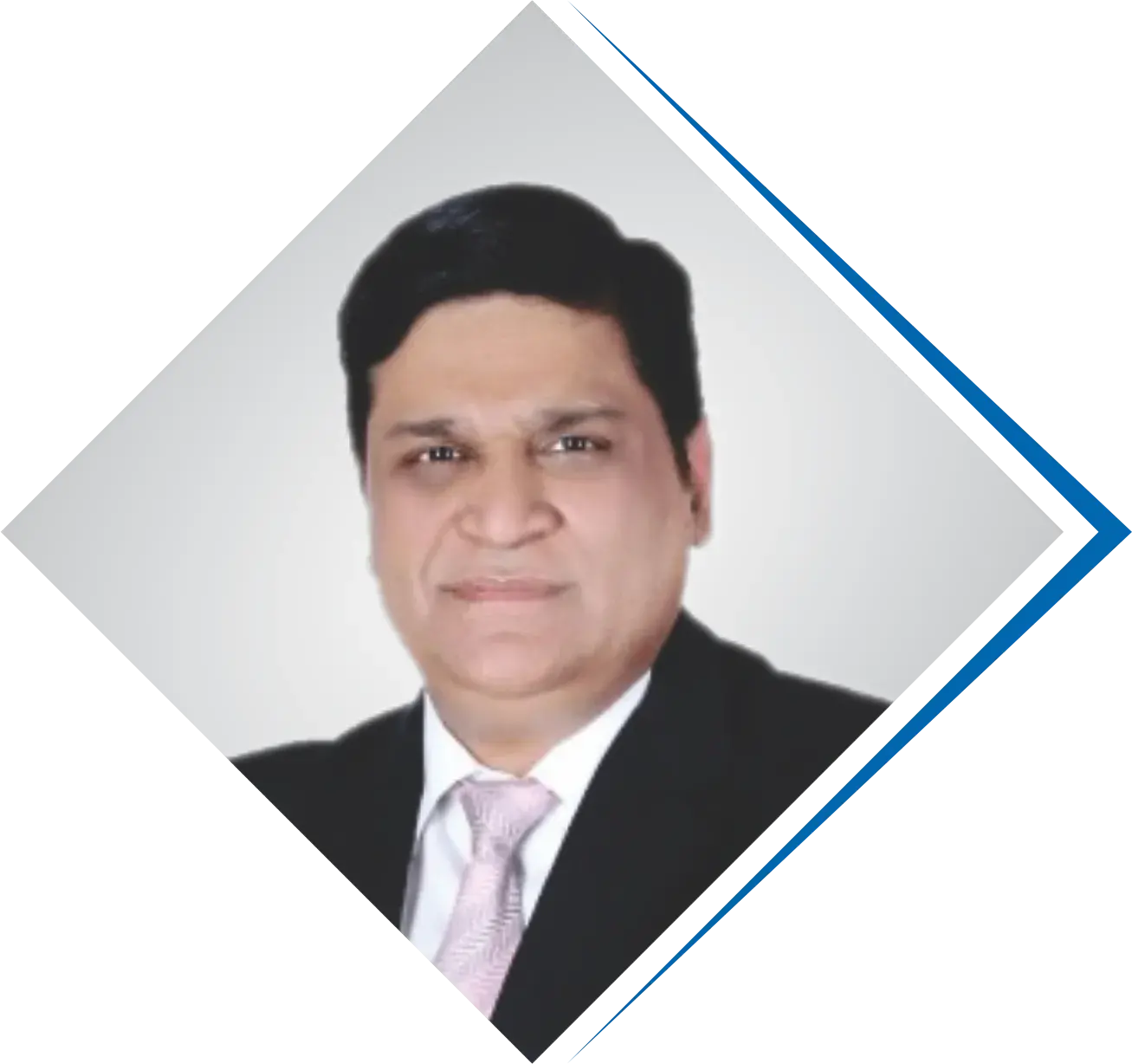
Pankaj Jain
Pankaj Jain, Regional Director India Subcontinent, UTS (University of Technology Sydney) College, said, “It's a technology boom in India you can see every day some tie-up is happening, collaboration is happening, Google is investing in India. I was in Gift City I was shocked 122 companies are already existing in Gift City in Gandhinagar, so it’s a big boom for India, big times for India.”

Dr. Sunil Kr Pandey
Dr. Sunil Kr Pandey, Director (IT & UG), Institute of Technology & Science, Ghaziabad said, “Chat GPT has come up something like a tool not only for students but for academicians also which not only helps in their process of learning, number one but also putting the things into a right perspective that is on positive side at the same time I don't know what will happen in future but definitely this is going to impact heavily the creativity.”

Dr. Indranil Bose
Dr. Indranil Bose, Vice President-Academics & Head of the Department & Professor-Management, Adamas University, Kolkata said, “When you are giving the students a feedback we are writing in detail and yes, the future is very bright there, and they are using this technology for last 15 to 20 years we have started recently, maybe their class size is small one of the reason is this, maybe in one campus of the MBA program of UK, I mean in my University was 27, 28 students, in India I have up to 120 students like that we cannot or may not use the technology either way.”

Dr. Kamalesh VN
Dr. Kamalesh VN, Pro Vice Chancellor, Madhav University, Sirohi said, “We have to include value added courses which speaks about ethics and values which we are forgetting in the society, why your language changes so this is the crux of the NEP.”
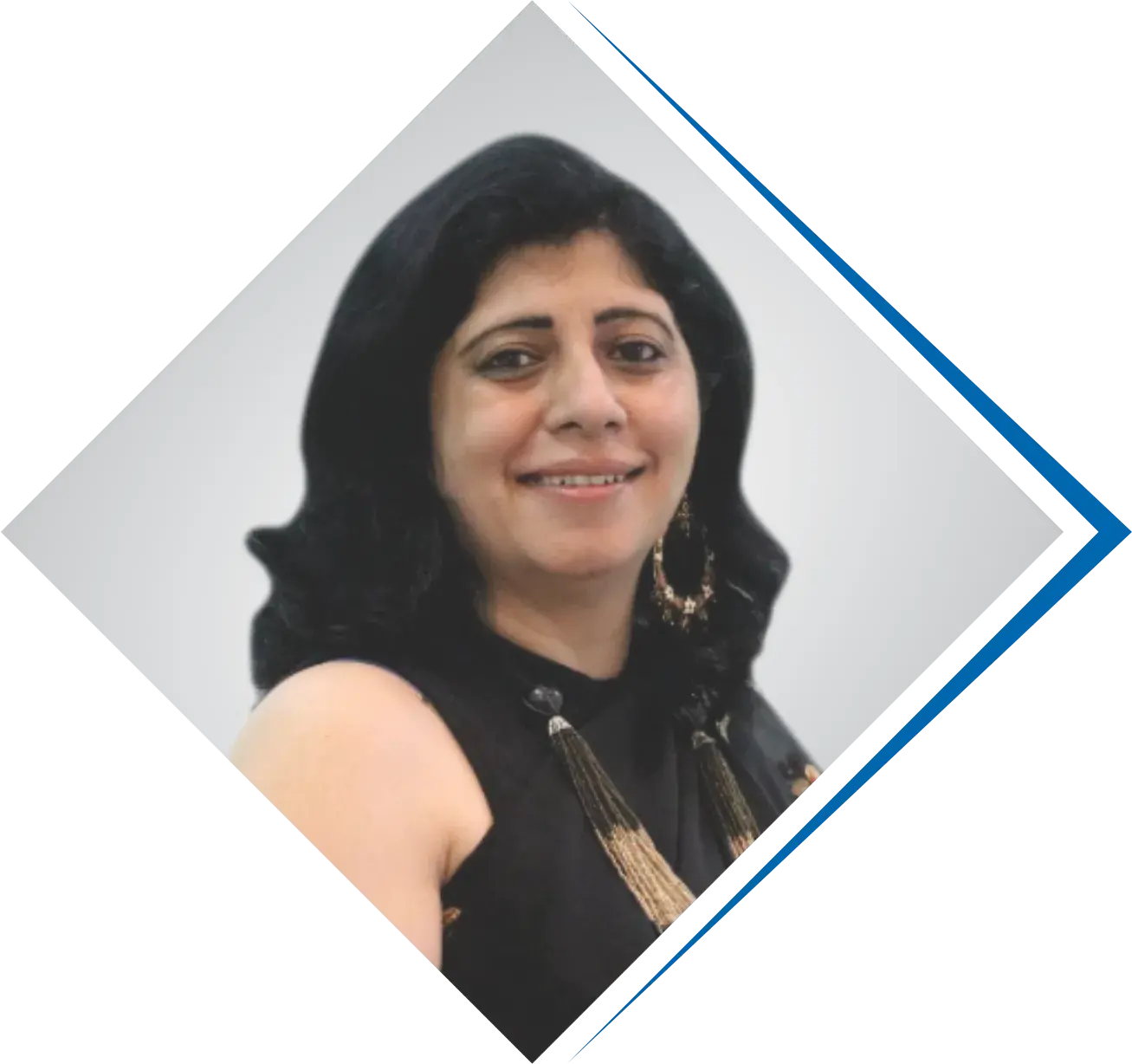
Pooja Priyamvada
Pooja Priyamvada, Academic Director, International Institute of Mass Media, New Delhi said, “In Media I think integration between the industry and the education is far more integral than any other sphere because for us the need to educate is defined by the industry rather than the policy. So, if today the channels have introduced an AI module I need to train my students in it whether it is part of the government policy or not will be secondary I'll need to bring in that new software or whatever tools they will need to fit into that new module of employment or to be relevant in the new trends in the industry.”
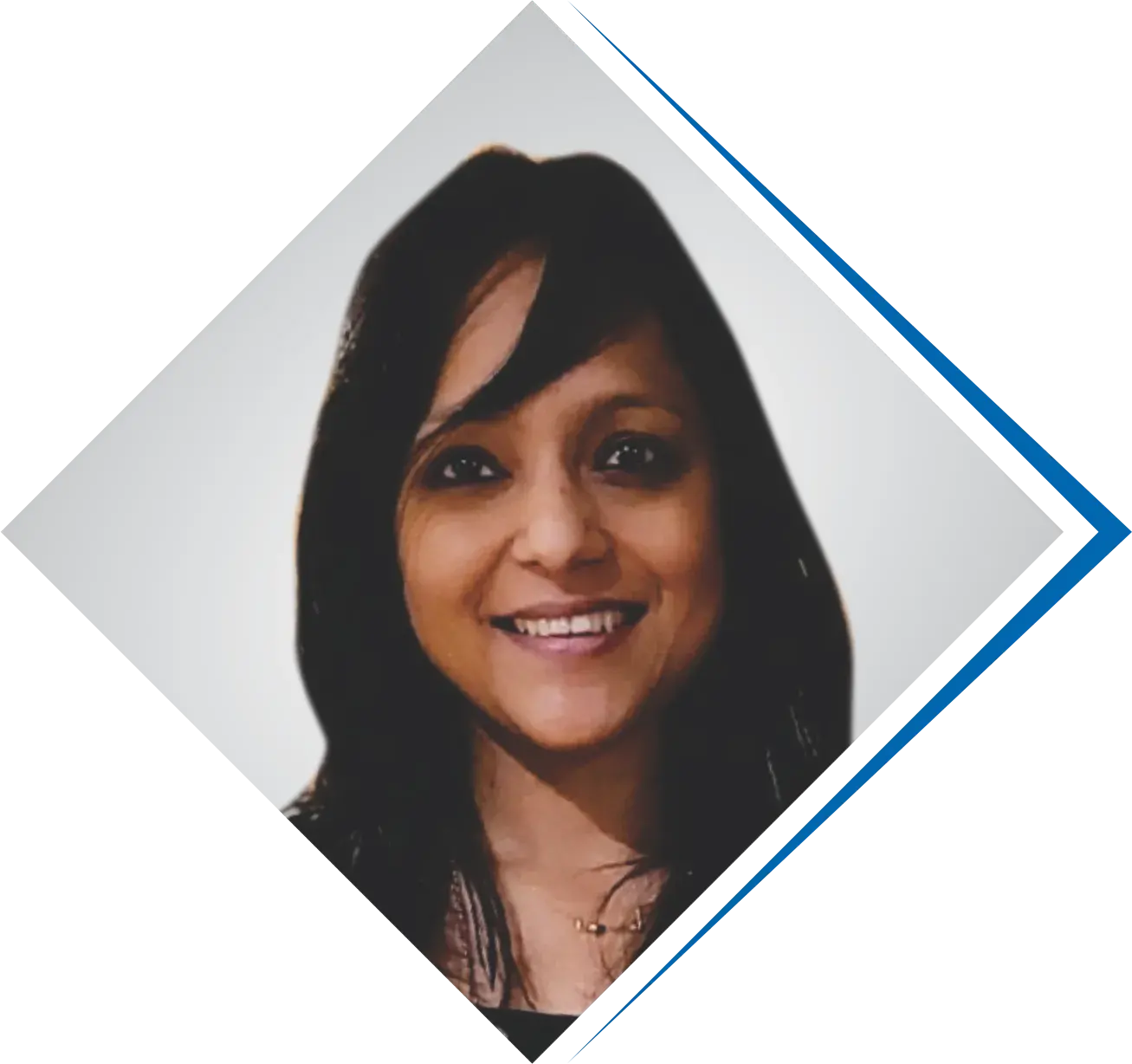
Aanchal Chopra
Aanchal Chopra, Regional Head - North, Academic & Govt. (A&G) Business, LinkedIn said, “Technology is inevitable whatever field or whatever stream of education we are teaching we can't replace technology it is there in fact I think higher education accepts it sooner or the better because industry is changing and not only that industry even global higher education institutes are adapting to this change and I think this is where EdTech roles come in that how EdTech can actually enhance a teaching learning process or can enhance adaptability of these new technologies.”
Glimpses of the session
Industry Presentation - TruScholar

CA Mayur Zanwar
CA Mayur Zanwar, Co-Founder, TruScholar shared an industry perspective on the topic "Adoption of Blockchain Powered Digital Credentials in Higher Education" at 'ArdorComm New Normal- Education Leadership Summit & Awards 2023', at Gurugram, Delhi NCR on 21st July 2023.
Glimpses of the session
Leadership Talk Session - A Roundtable Discussion
Glimpses of the eminent speakers of the Leadership Talk Session - A Roundtable Discussion who spoke on the topic, "Promoting Active Learning and Student Engagement through Technology-Enabled Solutions' at 'ArdorComm New Normal- Education Leadership Summit & Awards 2023', at Gurugram, Delhi NCR on 21st July 2023.
Glimpses of the session
Industry Presentation - FunctionUp
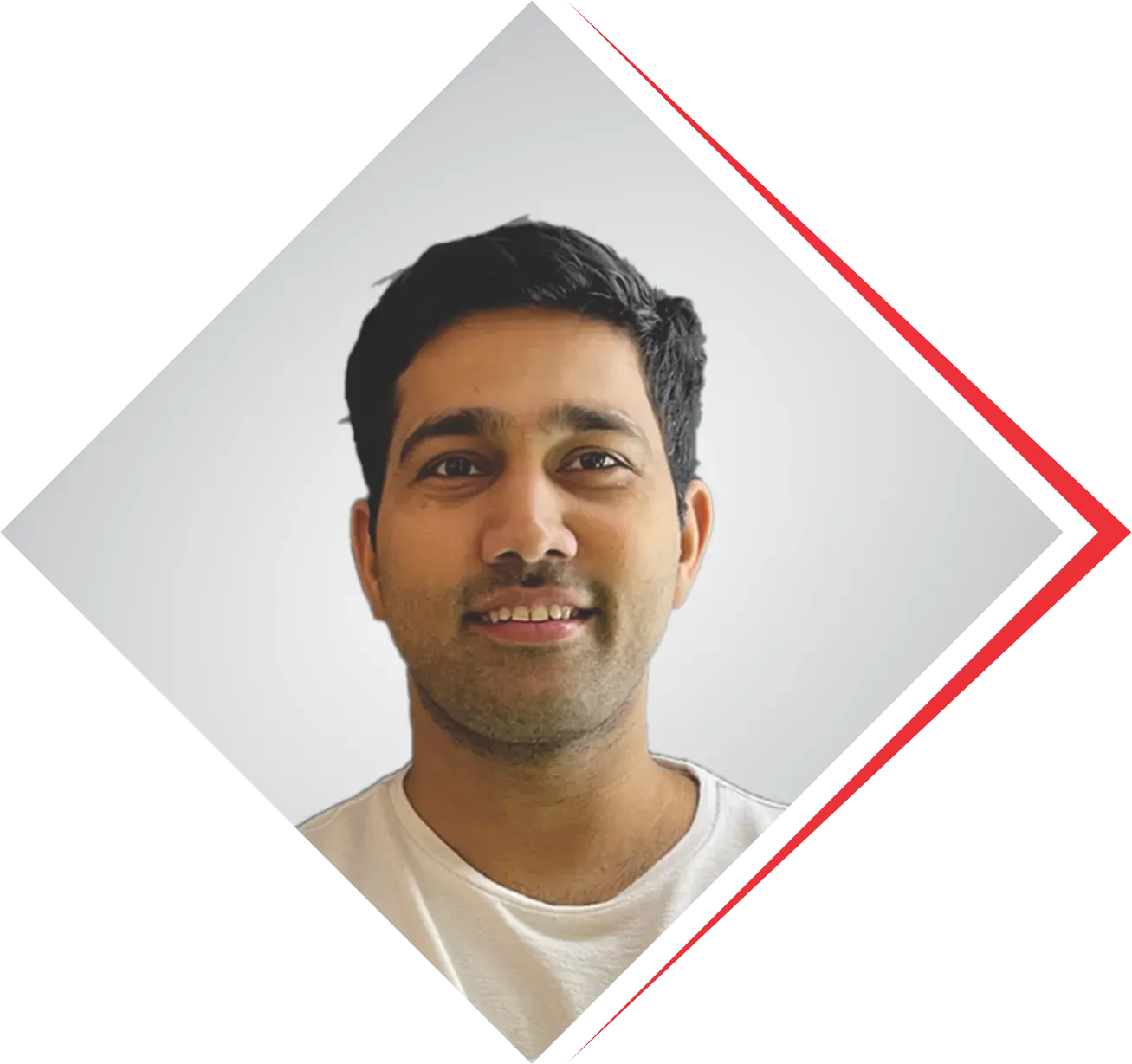
Pritesh Kumar
Pritesh Kumar, Co-Founder & Director, FunctionUp School of Technology shared an industry perspective on the topic "FunctionUp - A Tech Company Working with Colleges to Revolutionise BTech Degree Education" at 'ArdorComm New Normal- Education Leadership Summit & Awards 2023', at Gurugram, Delhi NCR on 21st July 2023.
Glimpses of the session
Award & Felicitation Ceremony
Glimpses of the session
School Education
Inaugural Session: INDIA's Vision 2030: A Move to Improve Education & Skills in 21st Century Workplace
India’s Vision 2030 is a forward-looking endeavor aimed at revolutionizing the country’s education and skills landscape, envisioning a future where every citizen has access to quality education, digital literacy, and cutting-edge skills that prepare them to excel in the rapidly evolving 21st-century workplace. By focusing on innovation, collaboration, and vocational training, India seeks to nurture a highly skilled and adaptable workforce capable of driving economic growth, fostering creativity, and embracing the challenges of an increasingly interconnected global economy. To propel discussion on this, the eminent education leaders and industry experts emphasized on the topic at ArdorComm Media “New Normal – Education Leadership Summit & Awards 2023” held at Gurugram, Delhi NCR on 21st & 22nd July 2023.
Watch the session:
Quotes from the Speakers

Prof. Pratyusha Kumar Mandal
Prof. Pratyusha Kumar Mandal, Secretary, NCERT, MoE, Govt. of India said, “I'm extremely thankful to Shri Chandan ji and his associates who have thought it appropriate to invite me to this convention where leaders of institutions imparting education to lacks of children of this country have assembled. This particular conclave focuses on the vision of National Education Policy which the country promises to implement by 2030.”
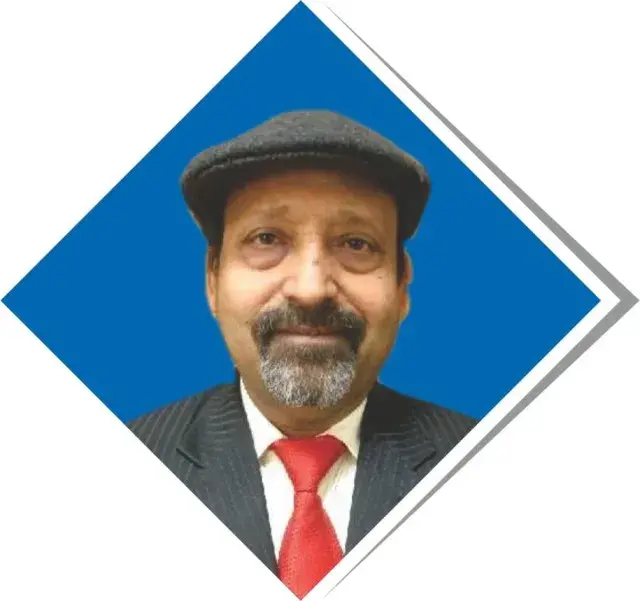
Dr. Anup Kumar Rajput
Dr. Anup Kumar Rajput, Head, Publication Division, NCERT, MoE, Govt. of India said, “This new education policy has said many things about making citizens creative, critical, productive to the country, honouring the constitution and so on. So, there are many other objectives attached with this but all these will be achieved only with proper implementation strategies.”

Aditi Goradia
Aditi Goradia, Managing Director, Billimoria High School said, “Jobs that will exist seven years from now do not exist right now, what our kids will do when they get out into the job market is up in the air we do not know. We are teaching what we can teach them but what we need to make sure and teach them is be ready for anything.”
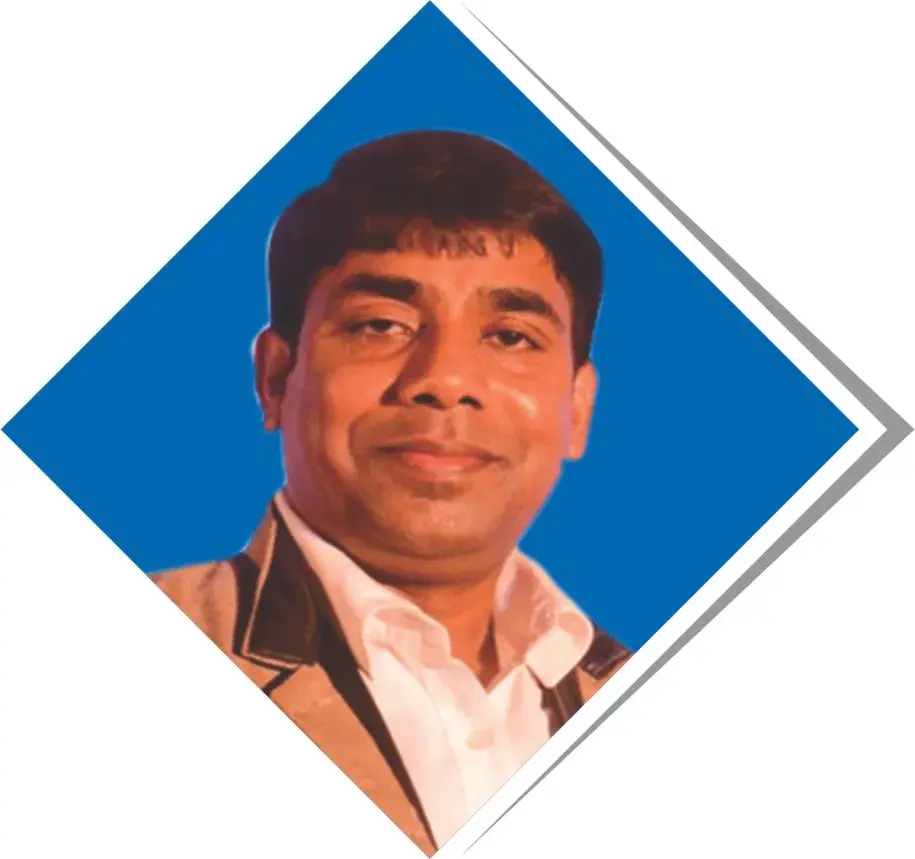
Dr. Biswajit Saha
Dr. Biswajit Saha, Director (Skill Education), CBSE, MoE, Govt. of India, through a video message said, “I strongly support this kind of initiatives of ArdorComm Media and hopeful that through these discussions lot of initiatives will be taken by all the leaders assembled in this conclave and also give a light how India and its qualitative education systems will bring the societal change and also give a new dimensions of economy in the global space.”

Dr. S. K. Rathor
Dr. S. K. Rathor, Founder, Chairman & MD, Sanfort Group of Schools said, “If I talk about what we can see after 7 years, 10 years, 15 years from now in the education sector everything will be possible to deliver in the classroom outside the classroom whether it is experiential learning whether it is the skill development or what not.”
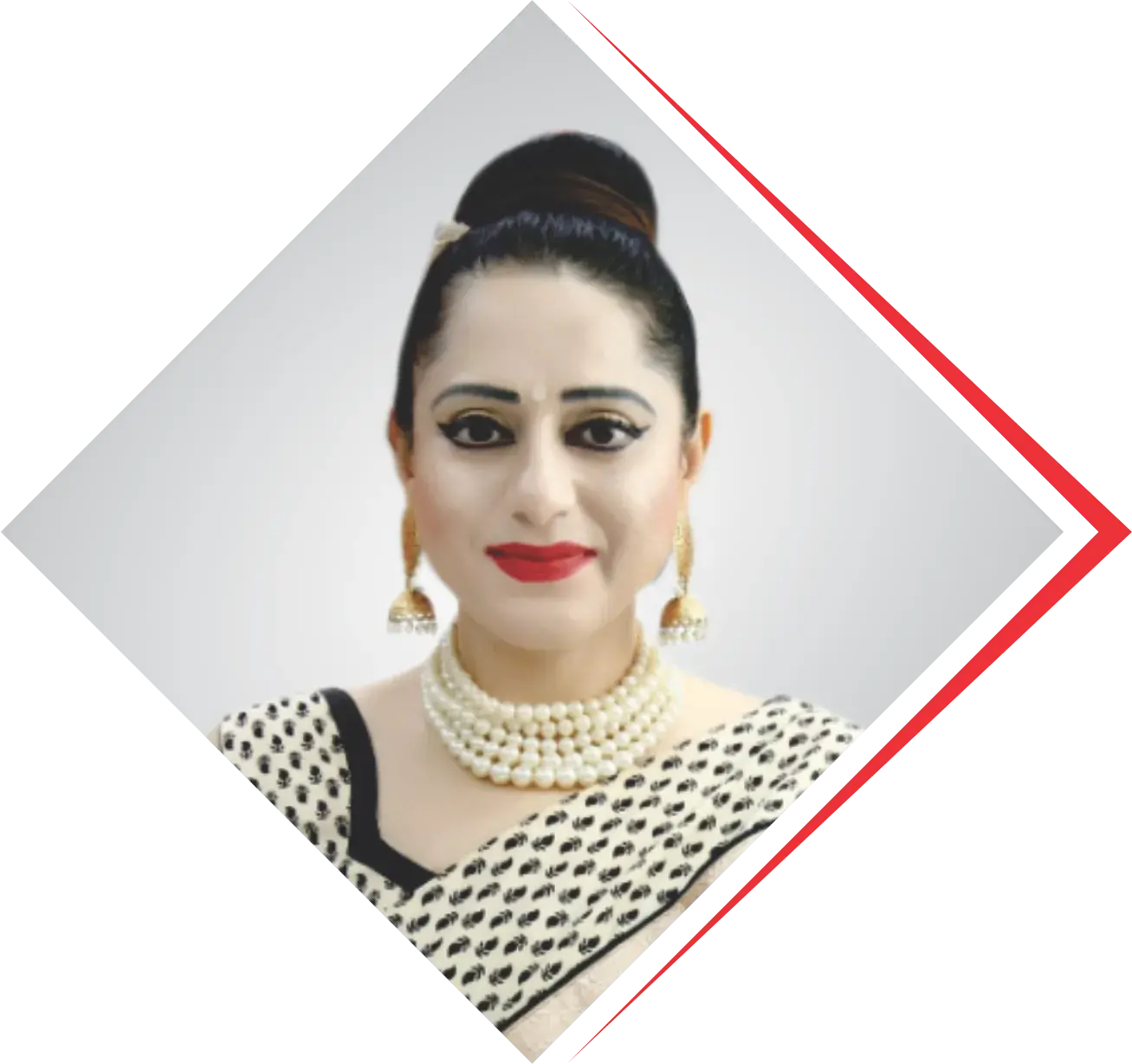
Dr. Niyati Chitkara
Dr. Niyati Chitkara, Director, Chitkara International School said, “At Chitkara the curriculum is not K-12 it is PhD to play way, so when you go back a lot of things you observe. So, we've created a 12-point Charter that covers SDGs, NEP and we track how compliance are happening with respect to NEP and SDGs.”
Glimpses of the session
Panel 1 :- Disruptive Technologies Transforming Education in the 21st Century
Disruptive technologies are profoundly transforming education in the 21st century, revolutionizing the way knowledge is accessed, shared, and acquired. These technologies, such as artificial intelligence (AI), machine learning, blockchain, and cloud computing, have the potential to reshape traditional educational models and open up new avenues for learning. AI-powered systems can personalize education, adapt to individual needs, and provide intelligent feedback, optimizing the learning process. Machine learning algorithms can analyze vast amounts of data to identify patterns, personalize content, and recommend tailored learning pathways. Blockchain technology ensures secure and tamper-proof storage of educational credentials and enables innovative approaches like digital badges and micro-credentials. Cloud computing facilitates easy access to educational resources, collaboration, and online learning platforms. These disruptive technologies also enable remote learning, online courses, and global collaborations, transcending geographical boundaries. As a result, education becomes more accessible, flexible, and inclusive. Embracing these disruptive technologies empowers educators and learners to navigate the rapidly evolving educational landscape and prepare individuals for the challenges and opportunities of the digital age. To propel discussion on this, the eminent education leaders and industry experts emphasized on the topic at ArdorComm Media “New Normal – Education Leadership Summit & Awards 2023” held at Gurugram, Delhi NCR on 21st & 22nd July 2023.
Watch the session:
Quotes from the Speakers
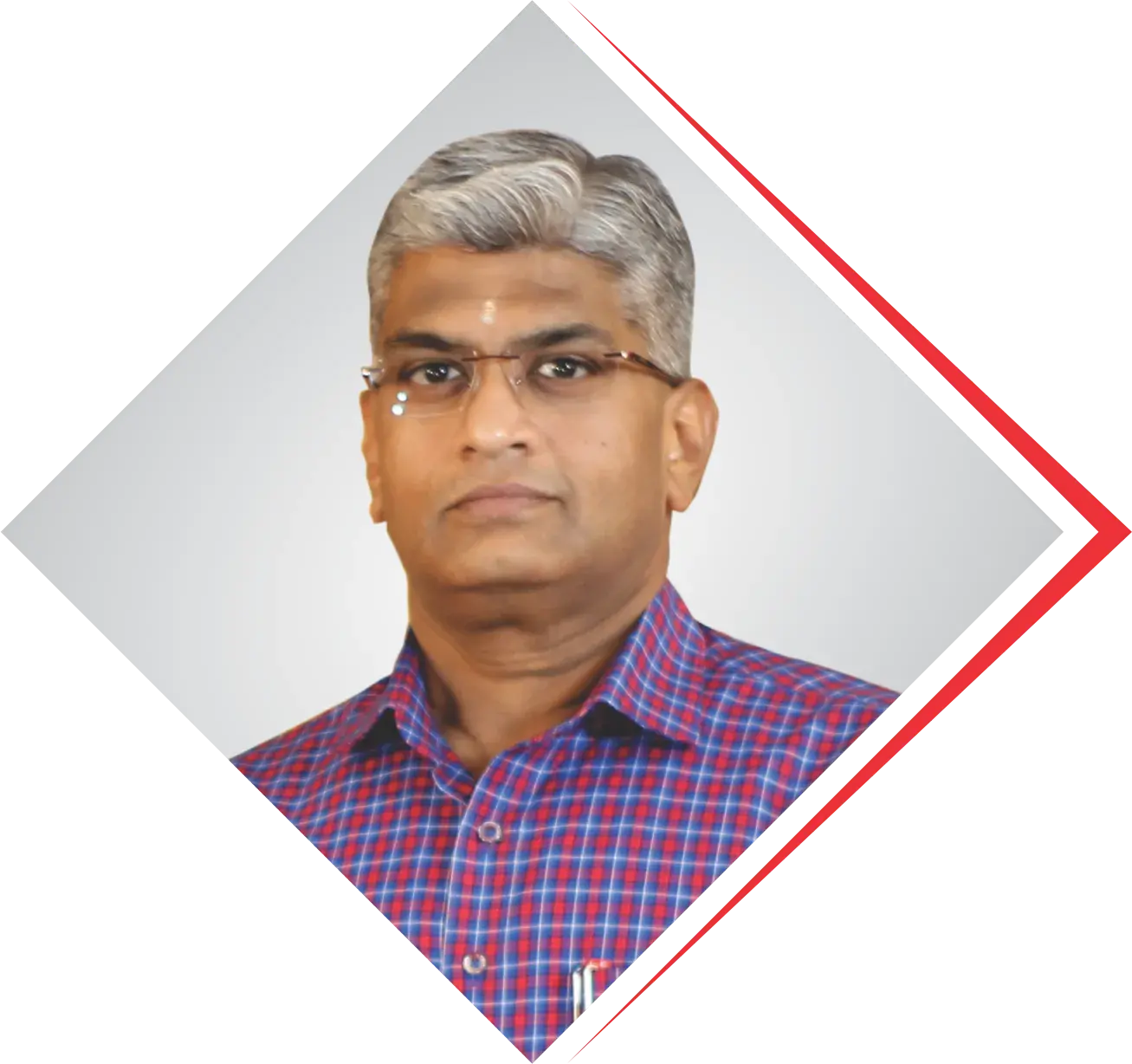
Anantha Krishnan B
Anantha Krishnan B, CEO- Operations, Kalorex Group said, “The topic is merely all the more relevant here because today our company has launched, first time in Indian school education an AI clone avatar of Dr. Manjula Pooja Shroff, which is a part of disruptive technologies and I’m here to talk about disruptive technologies, its good to see when something like this happens in the industry because ultimately advancement is what we all want for the betterment of everybody.”

Aditi Goradia
Aditi Goradia, Managing Director, Billimoria High School, Panchgani said, “Teachers as facilitators is one of those words that we've been using for almost a decade now, it has to come into practice immediately, it has across the board in all of our schools, we do not need to stand there, teaching anymore we need to stand there and say learn continue learning.”
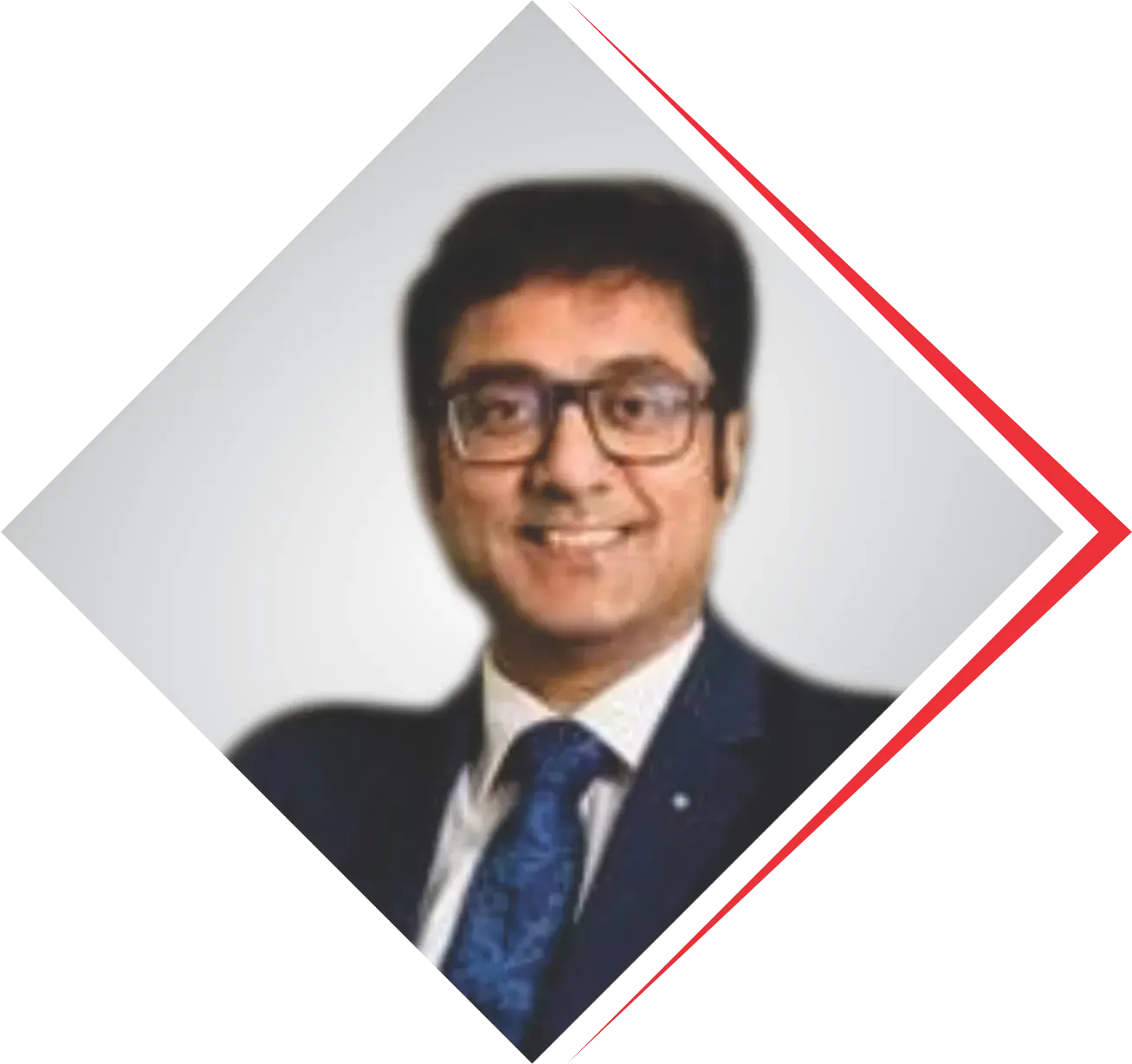
Sachin Vats
Sachin Vats, Founder, Gurukul The School, Ghaziabad said, “When you talk about these immersive devices if it is VR or so to be very honest personally we have never used this device in the school, two reasons one the cost, the second I felt before we reach out to this immersive experiences do I have any other option available with me which I can use, exhaust and feel like oh I must go to something else.”

Dr. Niyati Chitkara
Dr. Niyati Chitkara, Director, Chitkara International School, Chandigarh & Panchkula said, “When we talk about integrating technology, whether it is hybrid, non-hybrid, online or offline the most important thing is balance, it is very much needed while implementing technology.”

Shruti Sharma
Shruti Sharma, HOS, Delhi International School, Dwarka said, “When it comes to talk about the mental health everybody knows it's very important not only for students but also for parents. With loads of technology coming into place we are all utilizing for and on our gadgets, we open our eyes in the morning and the first thing that we do and I'm very pretty sure that 80 percent would be looking at their phones, WhatsApp.”
Glimpses of the session
Panel 2 :- Need of an Effective Early Childhood (ECE) Curriculum for a Sustainable Development Goal.
The need for an effective Early Childhood Education (ECE) curriculum is vital in achieving Sustainable Development Goals (SDGs) related to quality education and holistic development. Early childhood is a critical period in a child’s life when they undergo rapid brain development and acquire foundational skills that shape their future learning and well-being. An effective ECE curriculum should focus on fostering cognitive, social, emotional, and physical development while promoting values of sustainability, diversity, and inclusivity. It should provide a safe and stimulating environment that encourages curiosity, creativity, and exploration. By integrating SDGs into the curriculum, children can develop an awareness of global issues and the importance of environmental stewardship, social equity, and responsible citizenship from an early age. Furthermore, a comprehensive ECE curriculum supports the equitable access to quality education, breaking the cycle of poverty, and reducing disparities. By investing in early childhood education and adopting an effective curriculum aligned with SDGs, societies can lay a strong foundation for sustainable development and empower future generations to become active contributors to a more just, inclusive, and sustainable world. To propel discussion on this, the eminent education leaders and industry experts emphasized on the topic at ArdorComm Media “New Normal – Education Leadership Summit & Awards 2023” held at Gurugram, Delhi NCR on 21st & 22nd July 2023.
Watch the session:
Quotes from the Speakers
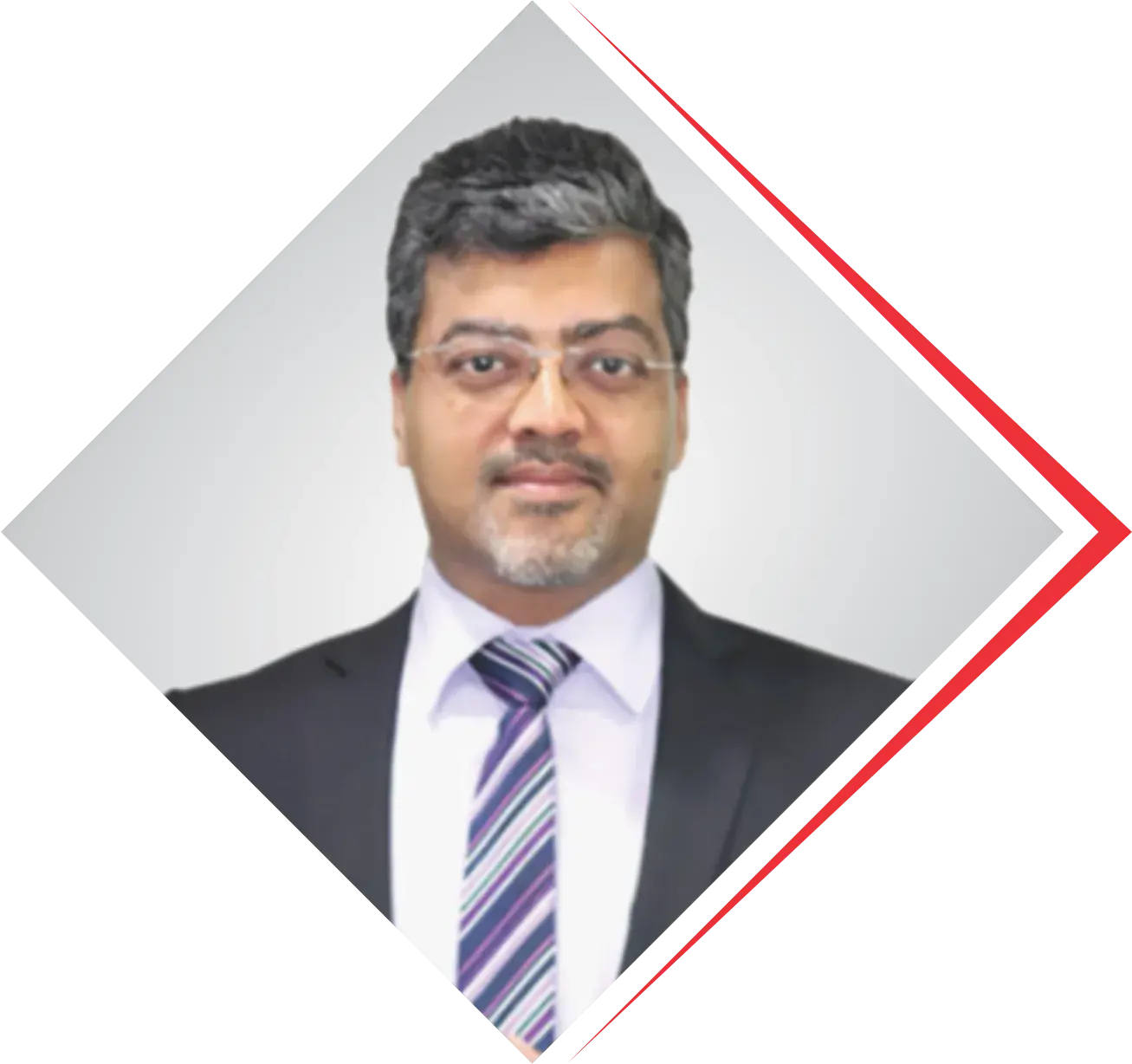
Amol Arora
Amol Arora, MD, Shemrock & Shemford Group of Schools said, “When we talk about preparing our children for a future where the world has to be sustainable right now we are seeing what's happening in Himachal and all that so we ultimately have to realize this is important and why not start early and why not incorporate elements of the SDGs into our everyday curriculum.”
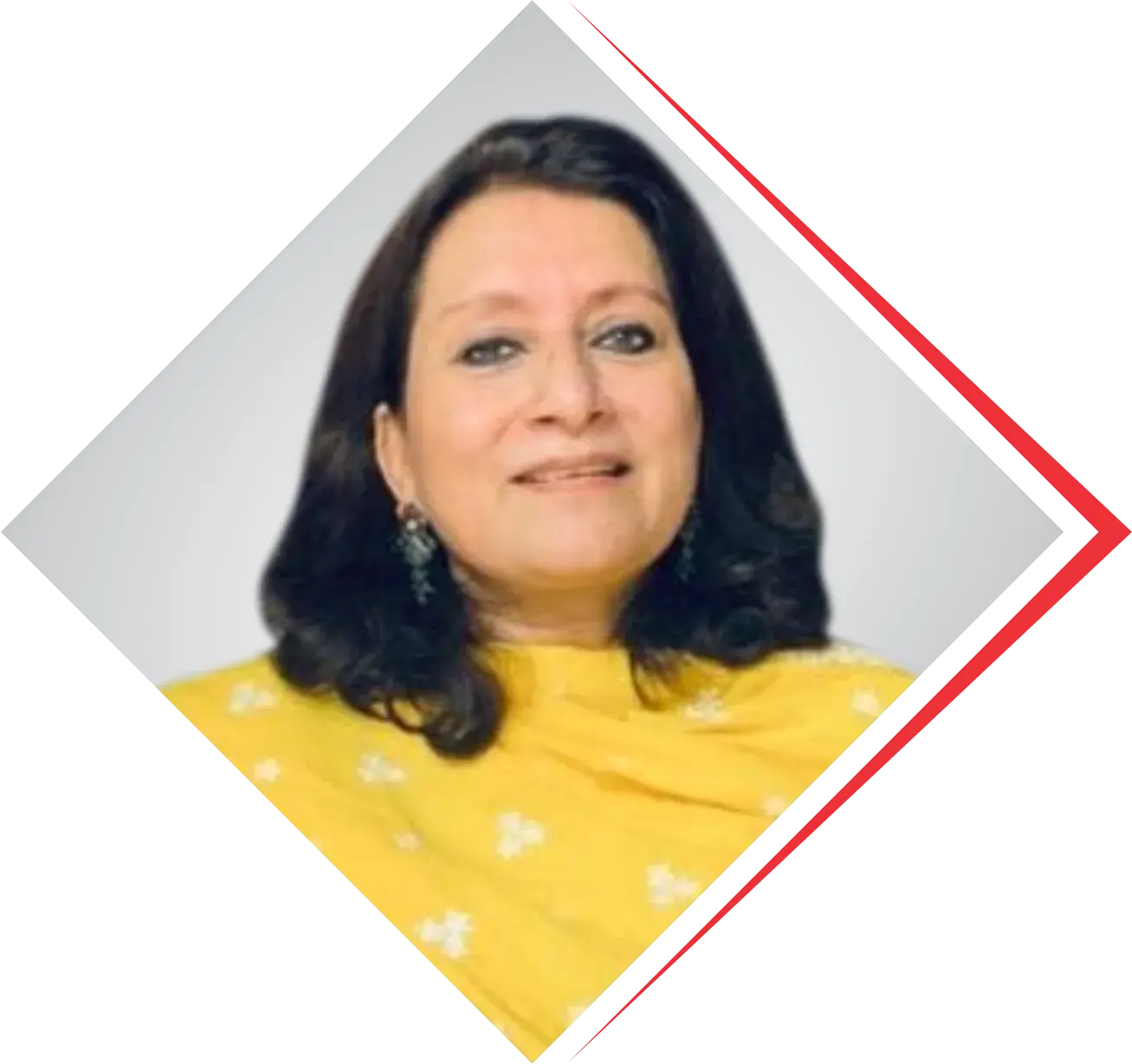
Geetika Bahuguna
Geetika Bahuguna, COO, Millennium Education, Gurugram said, “Skills, values they cannot be taught in isolation everything has to be integrated now, it depends if there has to be clarity in the mind of the teachers or the educators if they know where we want to take this child in future, we know that the child has to learn the value of no poverty, the child needs to know that there has to be zero hunger, so they are going to be linking it they are going to facilitate this in the classroom.”

Dr. S. K. Rathor
Dr. S. K. Rathor, Founder, Chairman & MD, Sanfort Group of Schools said, “This is the foundational stage so the duty of Early Childhood Educators and the entrepreneurs like me is to give them a strong foundation, give them how to understand the things, how to grasp things, how to communicate, how to eat, how to respect themselves and others this is the basic things.”
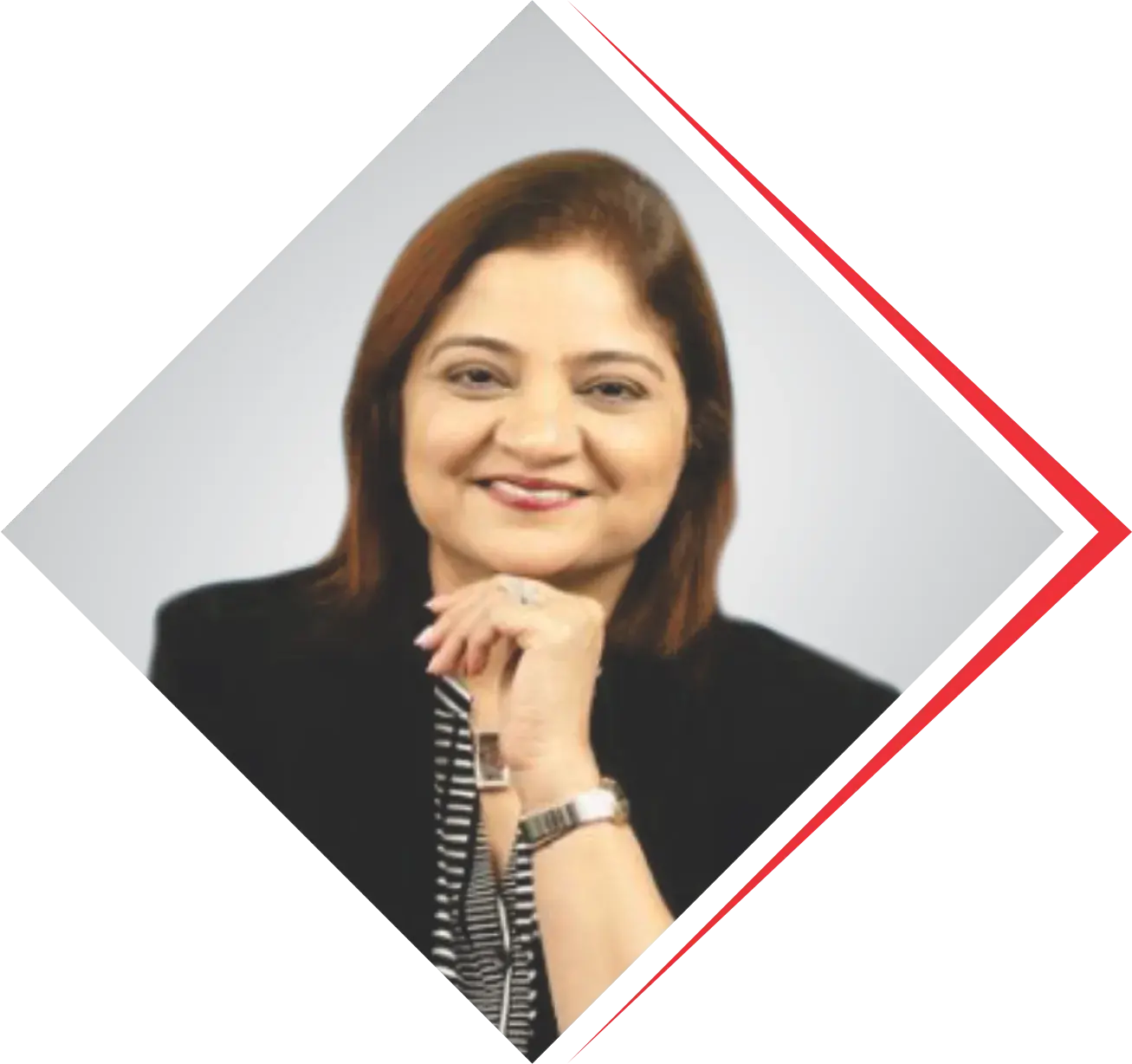
Dr. Harshita Sharma
Dr. Harshita Sharma, Founder Director, Brainstorm International, Pune said, “Children can be moulded very nicely in the early years and that's where the SDGs if it is aligned because I developed my attitude and behaviour in those years so when I'm talking about having an empathy why not playing with animals and birds, why not having a friendship with the trees why not talking about the things which I need to connect with the nature and with minimum resource. I don't need the complicated resources and everything and it all aligns with what we are talking about the SDGs which is there.”
Glimpses of the session
Panel 3 :- STEM-based learning and skill-based education, most progressive education trends And, How NEP 2020 Policy Aims to make Education More Inclusive, Equitable, and Holistic?
STEM-based learning and skill-based education are recognized as two of the most progressive and impactful trends in education today. STEM (Science, Technology, Engineering, and Mathematics) education emphasizes the integration of these disciplines, fostering critical thinking, problem-solving, creativity, and collaboration skills. By encouraging students to engage in hands-on activities, projects, and experiments, STEM-based learning equips them with the necessary knowledge and skills to thrive in a technology-driven world. The National Education Policy (NEP) 2020 policy aims to transform the education system in India by making it more inclusive, equitable, and holistic. The policy recognizes the importance of providing equal opportunities for all individuals, regardless of their socio-economic background, gender, or physical abilities. It emphasizes the need to eliminate disparities in access to quality education and bridge the urban-rural divide. NEP 2020 advocates for the inclusion of marginalized and underrepresented groups, ensuring their participation and representation in all aspects of education. To propel discussion on this, the eminent education leaders and industry experts emphasized on the topic at ArdorComm Media “New Normal – Education Leadership Summit & Awards 2023” held at Gurugram, Delhi NCR on 21st & 22nd July 2023.
Watch the session:
Quotes from the Speakers
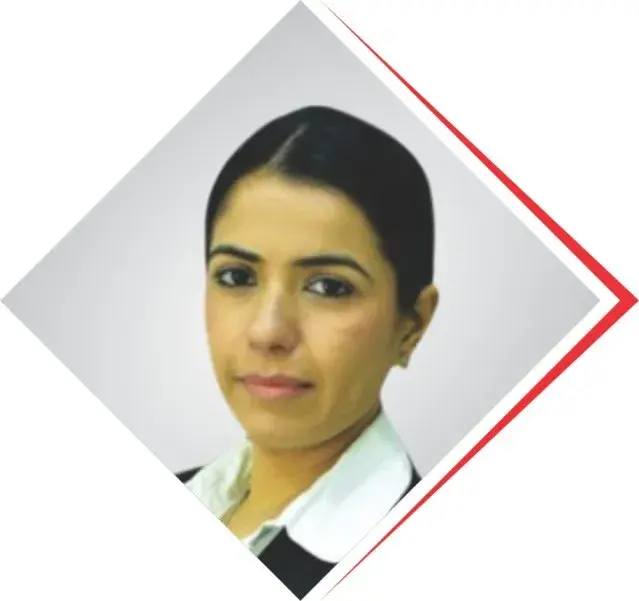
Hema Harchandani
Hema Harchandani, Founder & Managing Director, Canvas International School Delhi, India said, “The only thing the NEP and the entire curriculum the frameworks talks about is now we have to integrate it properly with the structured way that's what earlier we're already doing it but yes we have to do in a more innovative way and then it is going to be helpful for everyone.”
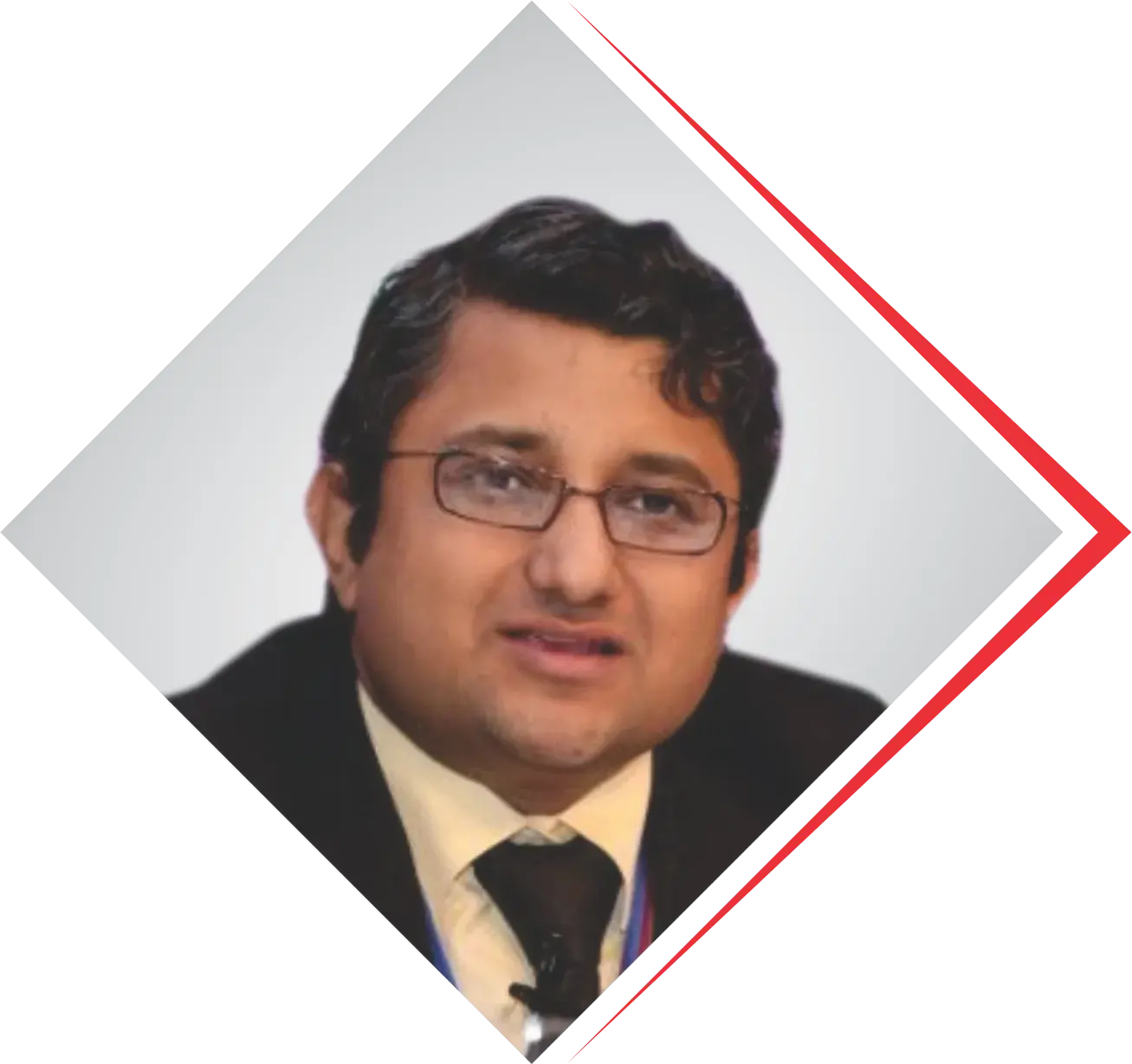
Arijit Ghosh
Arijit Ghosh, AVP- Academics, Seth M.R. Jaipuria Schools said, “The basic fundamental idea of a STEM education with the acronym of STEM being science, technology, engineering and maths is its element of integrated learning, the basics of integration.”

Dr. Sushma
Dr. Sushma, President and CEO, Oasis Group of Institutions India, Bahadurgarh, “Skill based education is not a new concept it has been there since ages.”
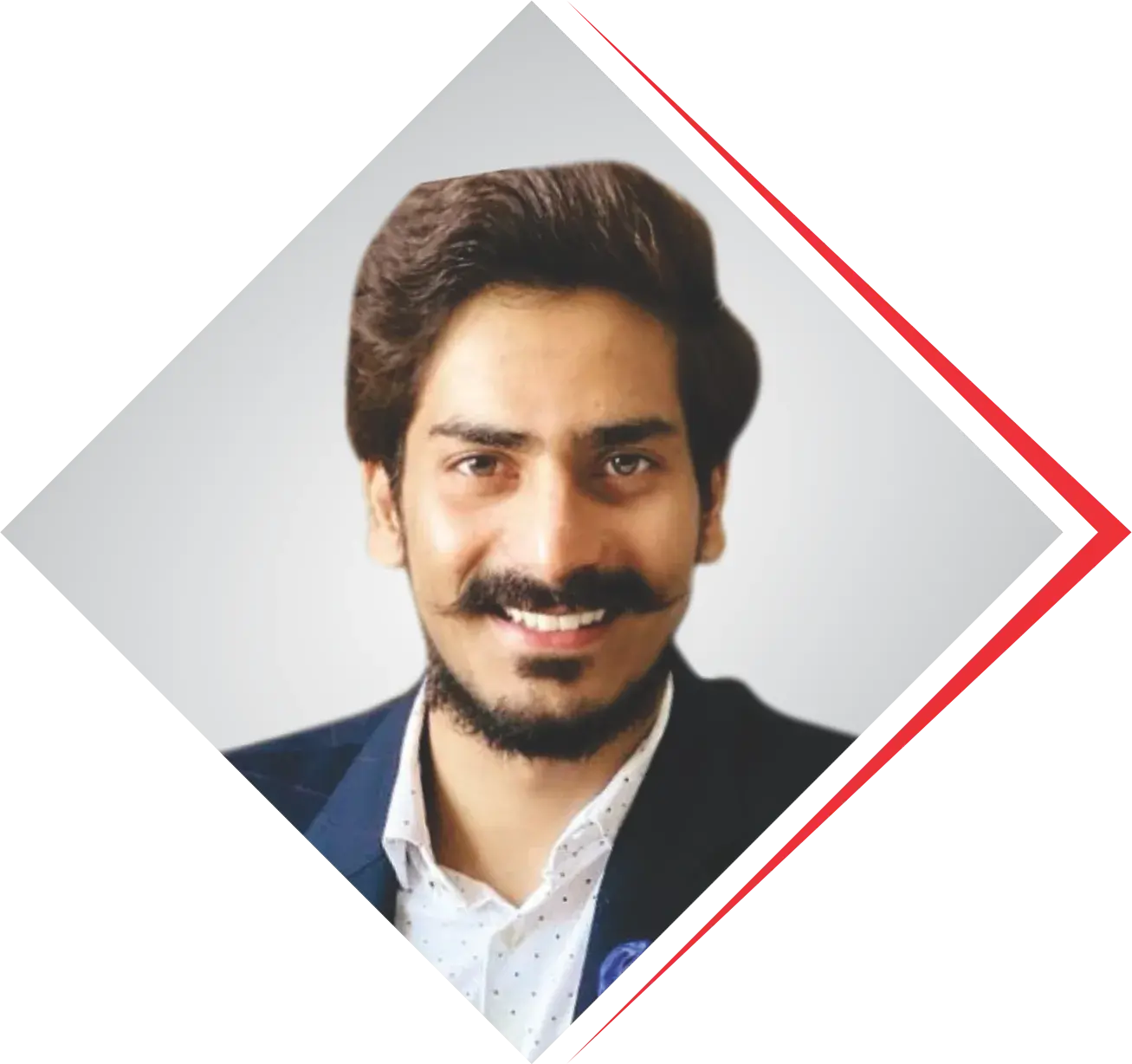
Abhishek Rathor,
Abhishek Rathor, COO, Sanfort Group of Schools said, “NEP directly talks about the same thing that we just don't have to talk about academics we have to also talk about their physical well-being we also have to talk about their mental well-being as well as the child should also feel empathy.”
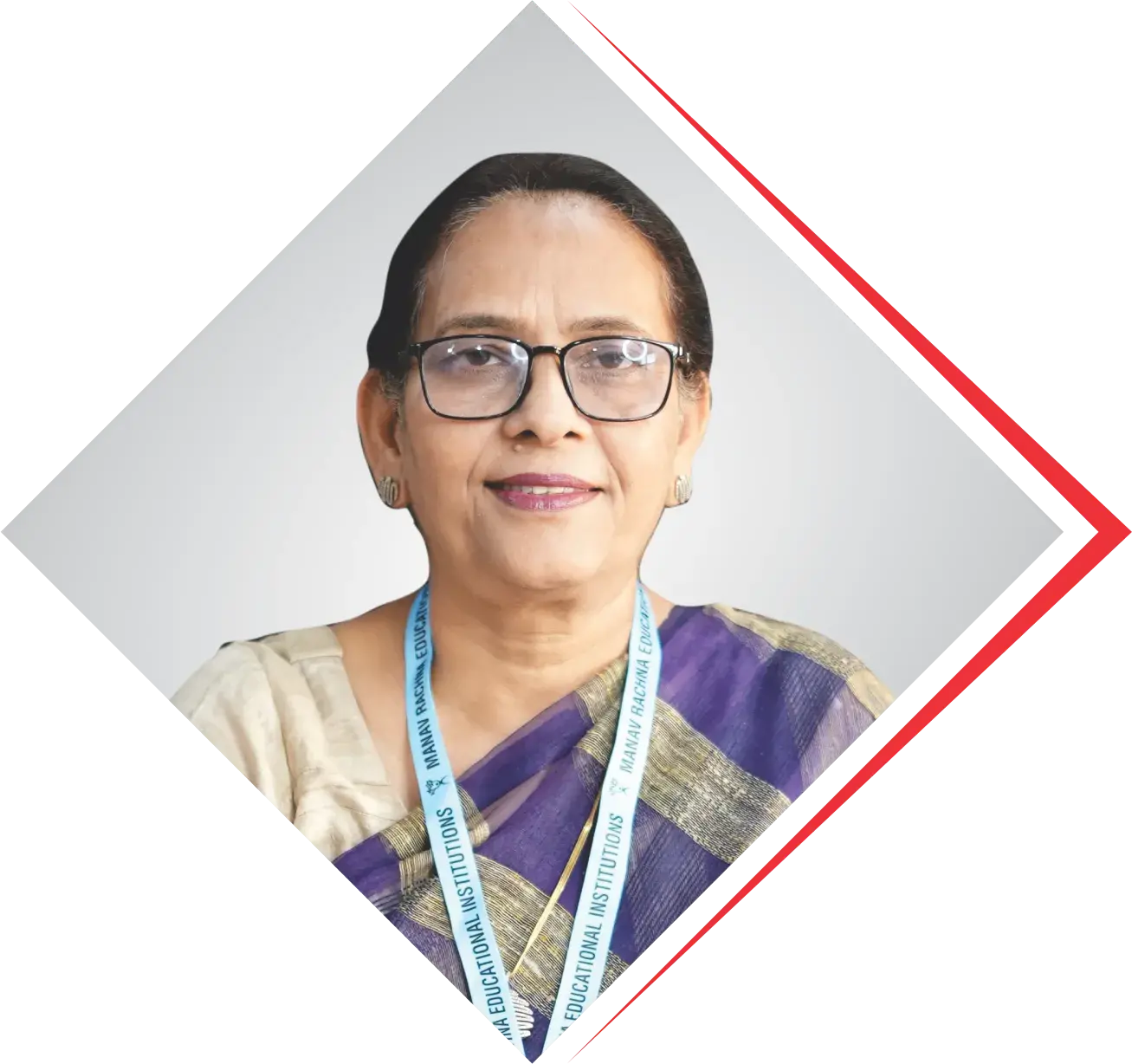
Sanyogita Sharma
Sanyogita Sharma, Director, Manav Rachna International School, Faridabad said, “We have been talking about STEM education and as you say that science, technology, engineering and mathematics it's cutting the boundaries between the subjects and bringing them to an integrated platform where we are talking about all of them in the sense that they understand each other.”
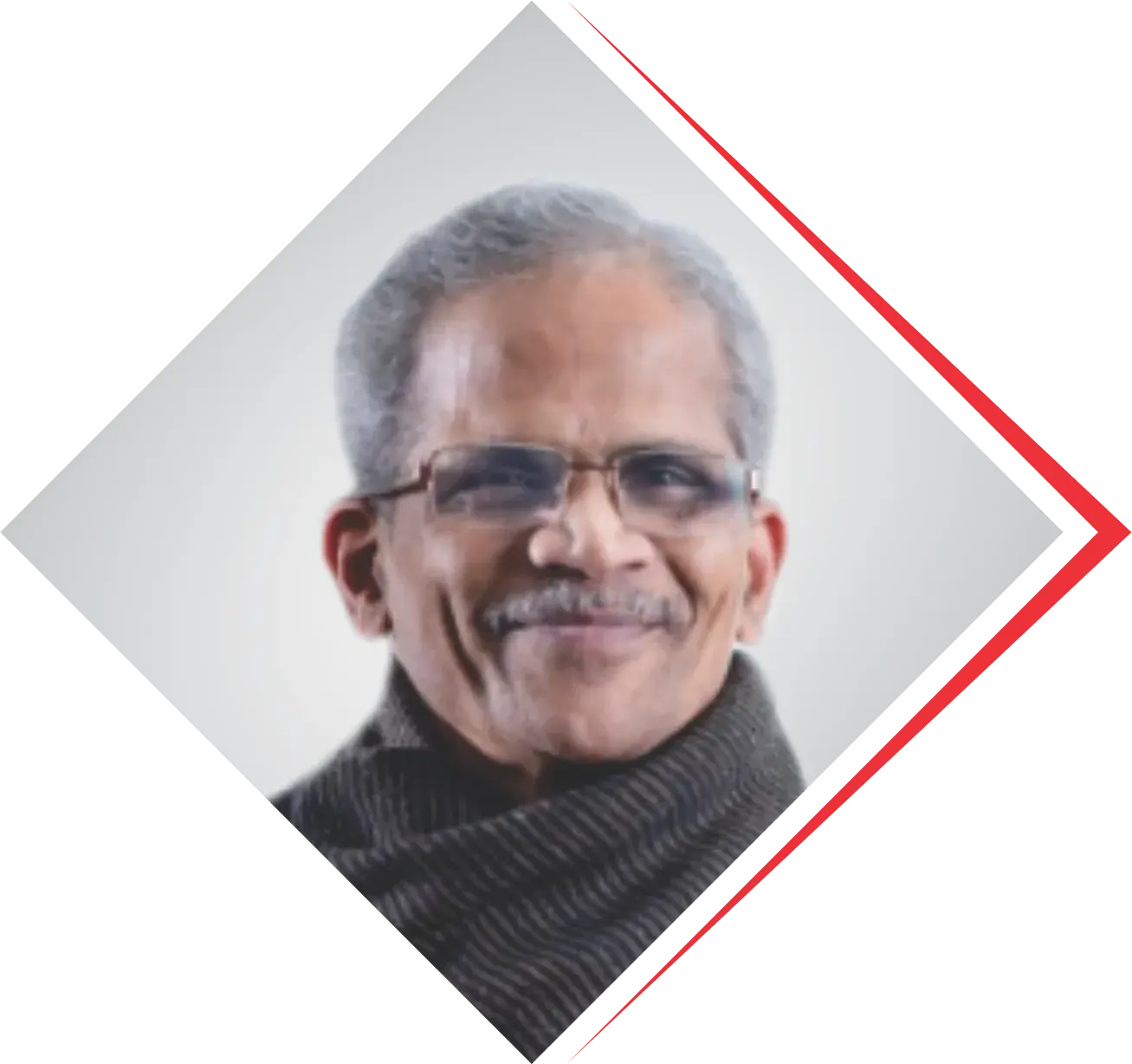
Dr. C.S.Nair
Dr. C.S.Nair, Director, Strategy, Skills & Capacity Building, Silverline Prestige School, Ghaziabad said, “NEP is trying the best efforts for including vocational education in the system in terms of its framework as well as the proposed implementation plan.”
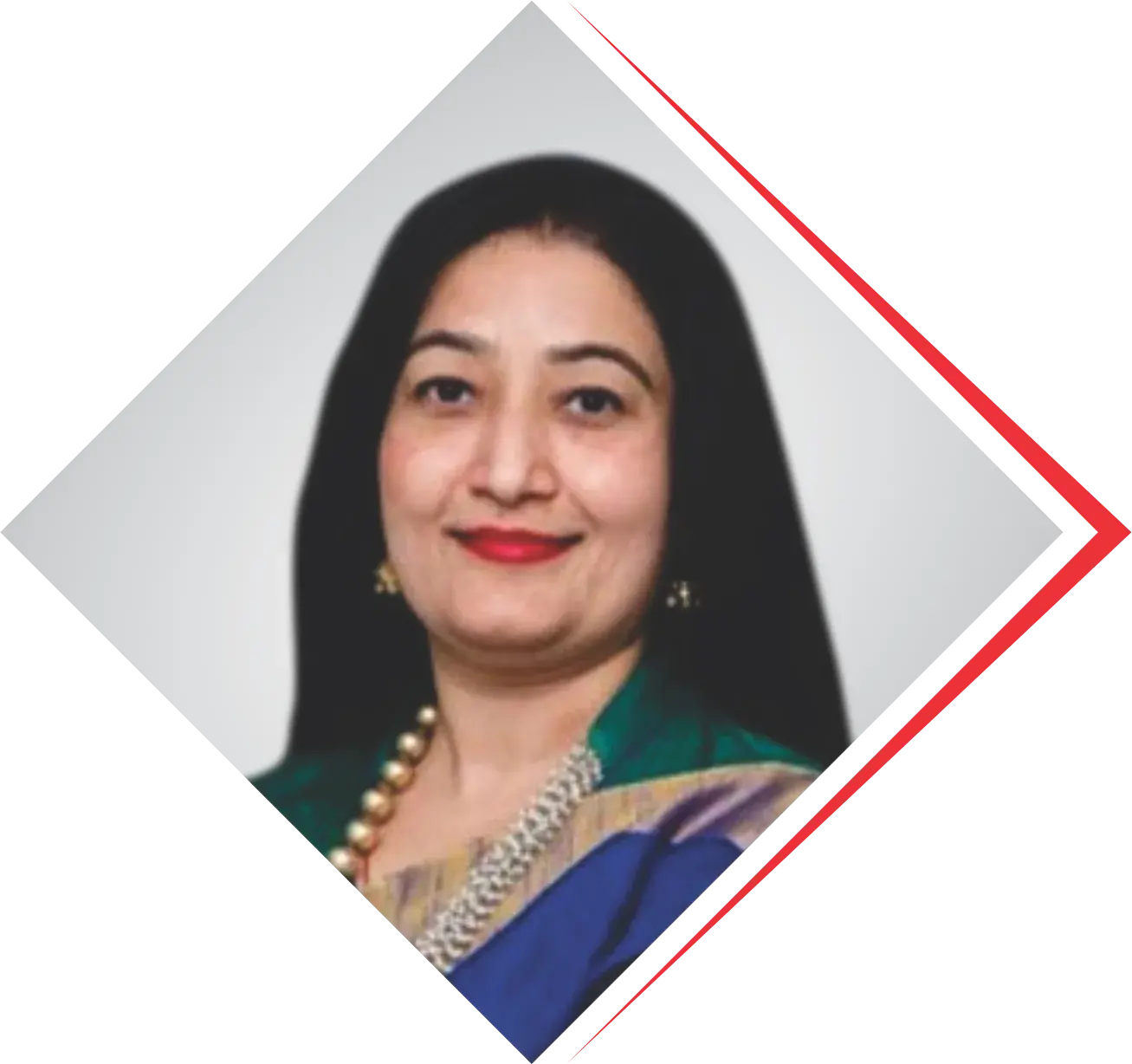
Dr. Bhavna Chibber
Dr. Bhavna Chibber, Principal, Laburnum Public School, Gurugram said, “Technology is a weapon which we have to use judicially and we need to train our learners that how to use it effectively.”
Glimpses of the session
Industry Presentation - ExtraaEdge

Daksh Agrawal
Daksh Agrawal, AVP Growth, ExtraaEdge shared an industry perspective on the topic "Winning at Higher Education Admissions in 2023" at 'ArdorComm New Normal- Education Leadership Summit & Awards 2023', at Gurugram, Delhi NCR on 22nd July 2023.
Glimpses of the session
Industry Presentation - TruScholar

CA Mayur Zanwar
CA Mayur Zanwar, Co-Founder, TruScholar shared an industry perspective on the topic "Adoption of Blockchain Powered Digital Credentials in Higher Education" at 'ArdorComm New Normal- Education Leadership Summit & Awards 2023', at Gurugram, Delhi NCR on 22nd July 2023.
Glimpses of the session
Industry Presentation - FunctionUp

Pritesh Kumar
Pritesh Kumar, Co-Founder & Director, FunctionUp School of Technology shared an industry perspective on the topic "FunctionUp - A Tech Company Working with Colleges to Revolutionise BTech Degree Education" at 'ArdorComm New Normal- Education Leadership Summit & Awards 2023', at Gurugram, Delhi NCR on 22nd July 2023.
